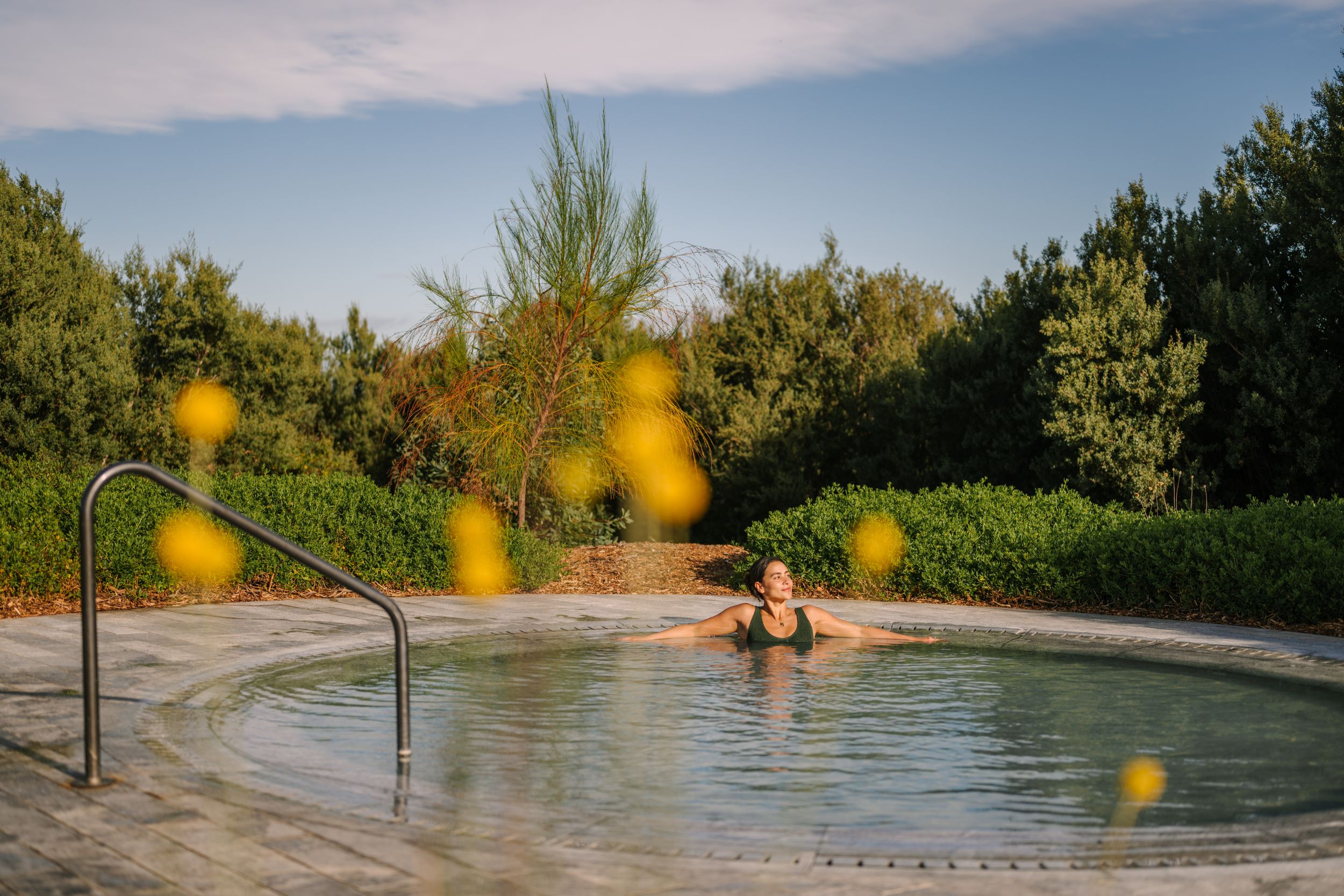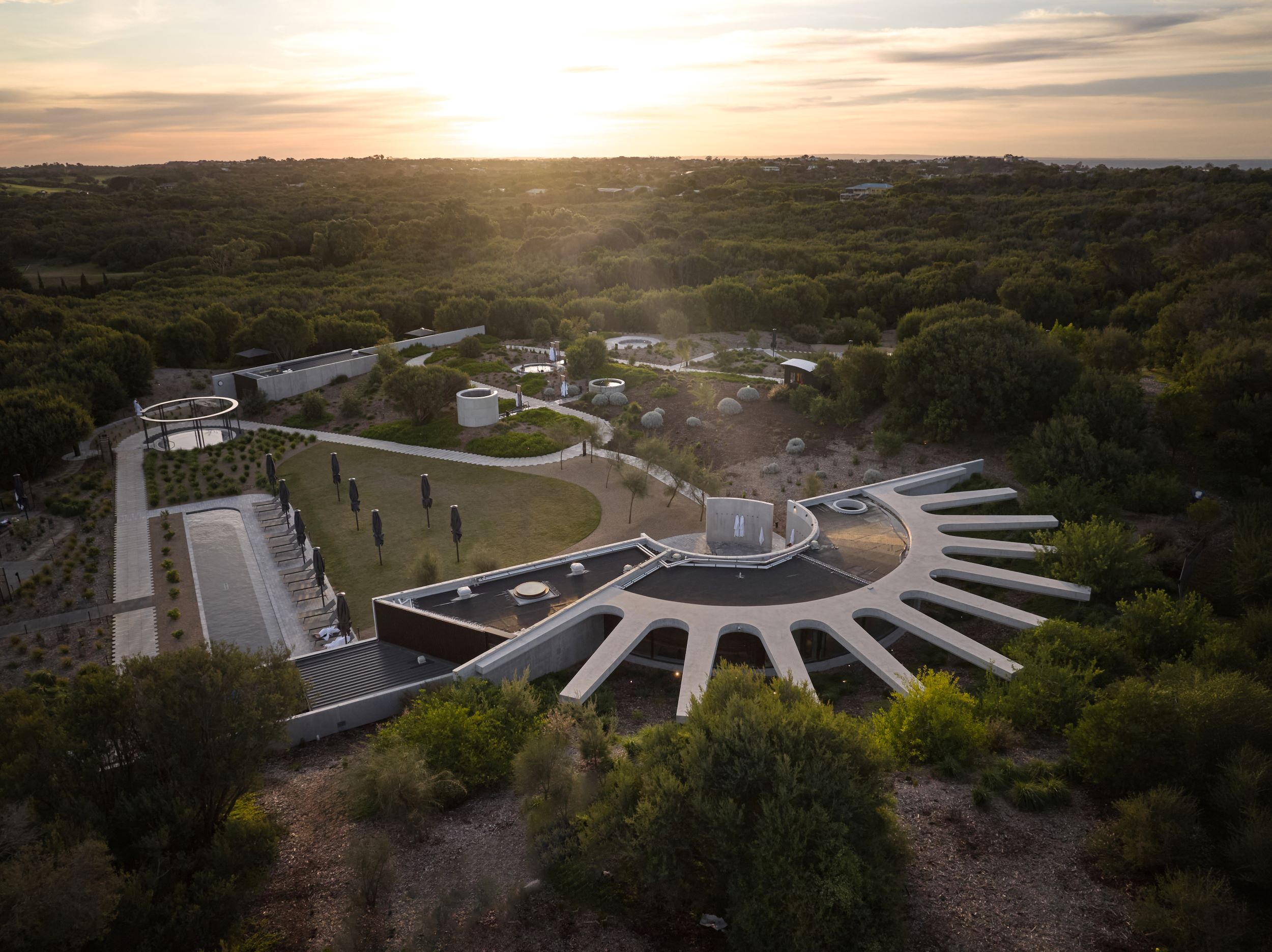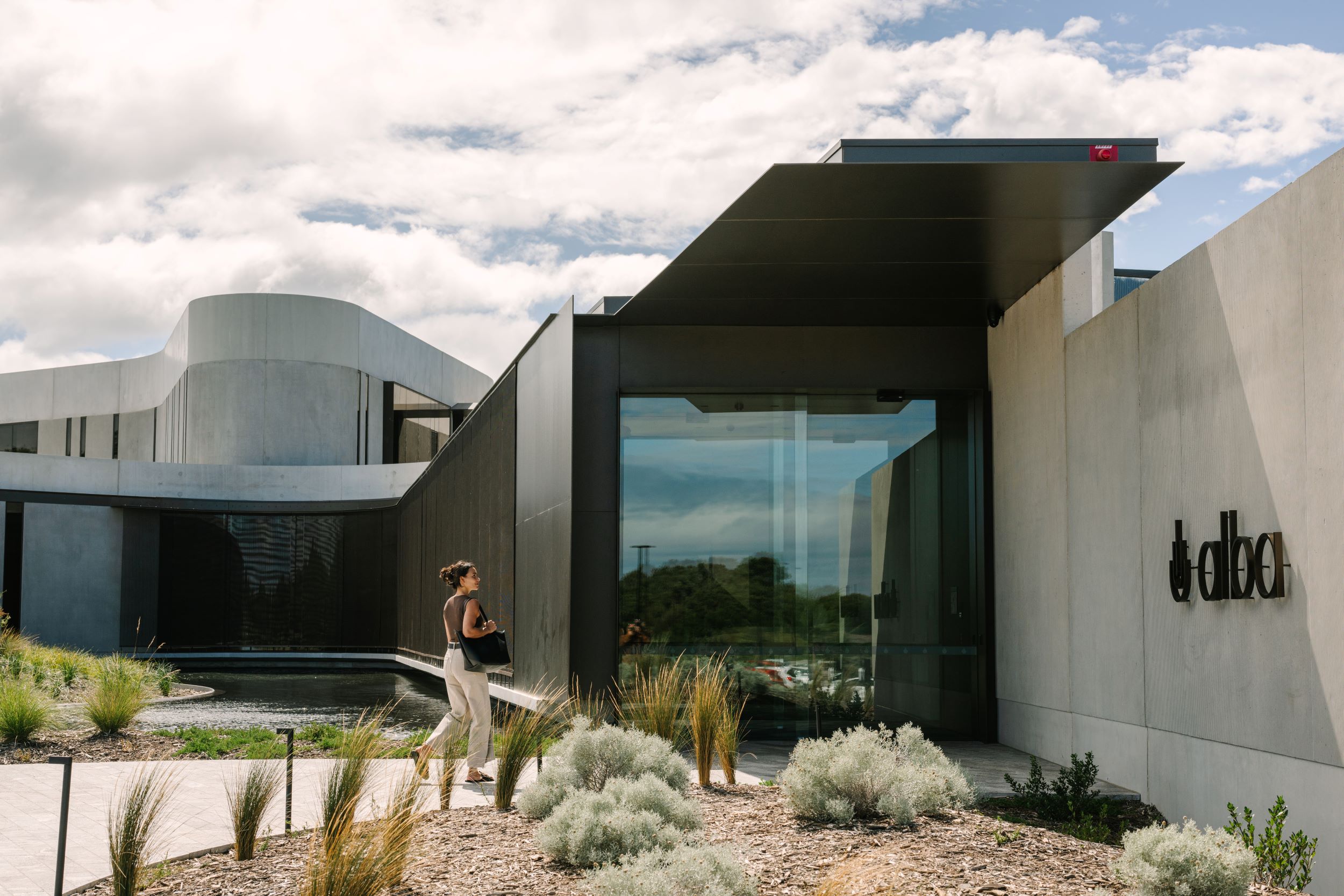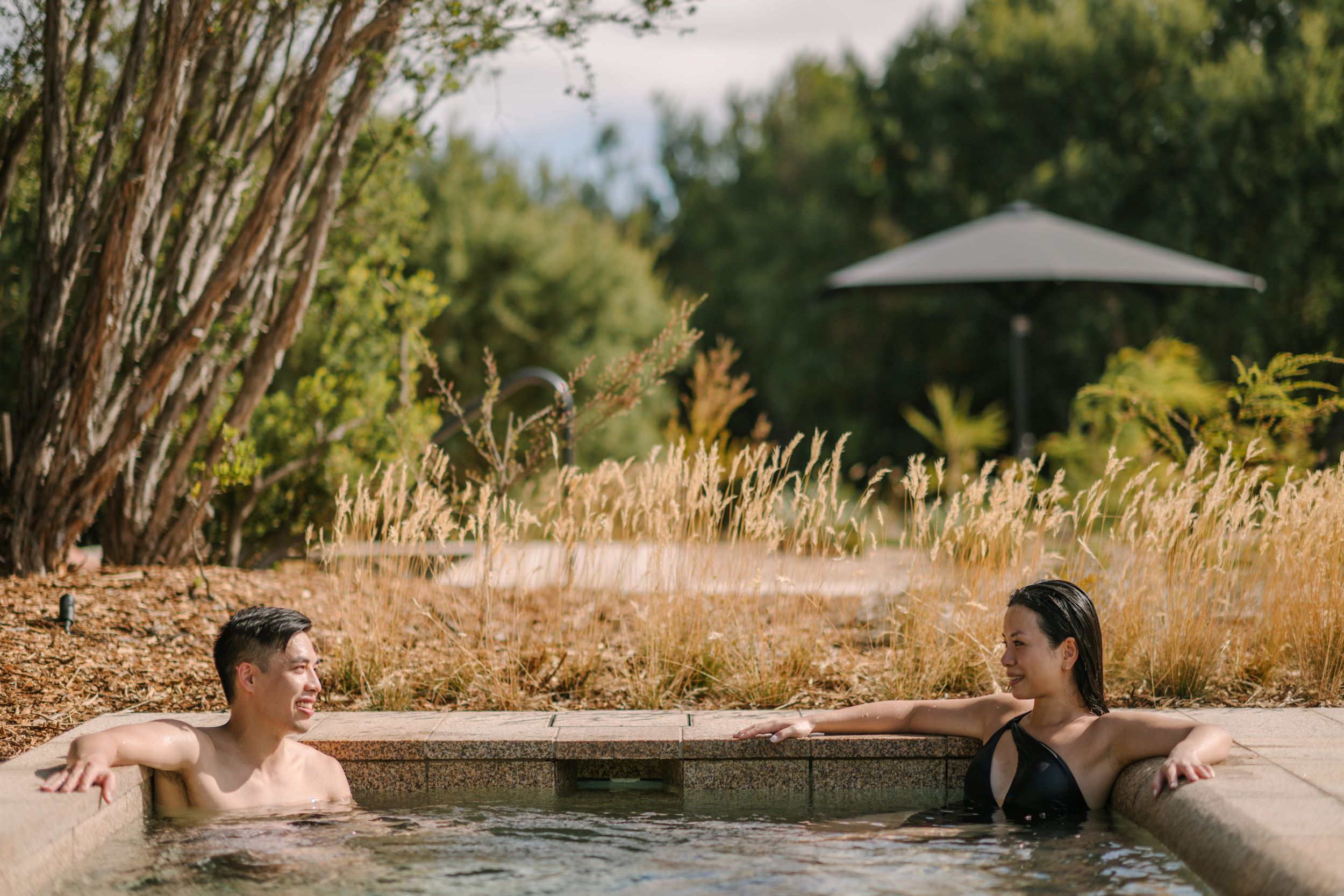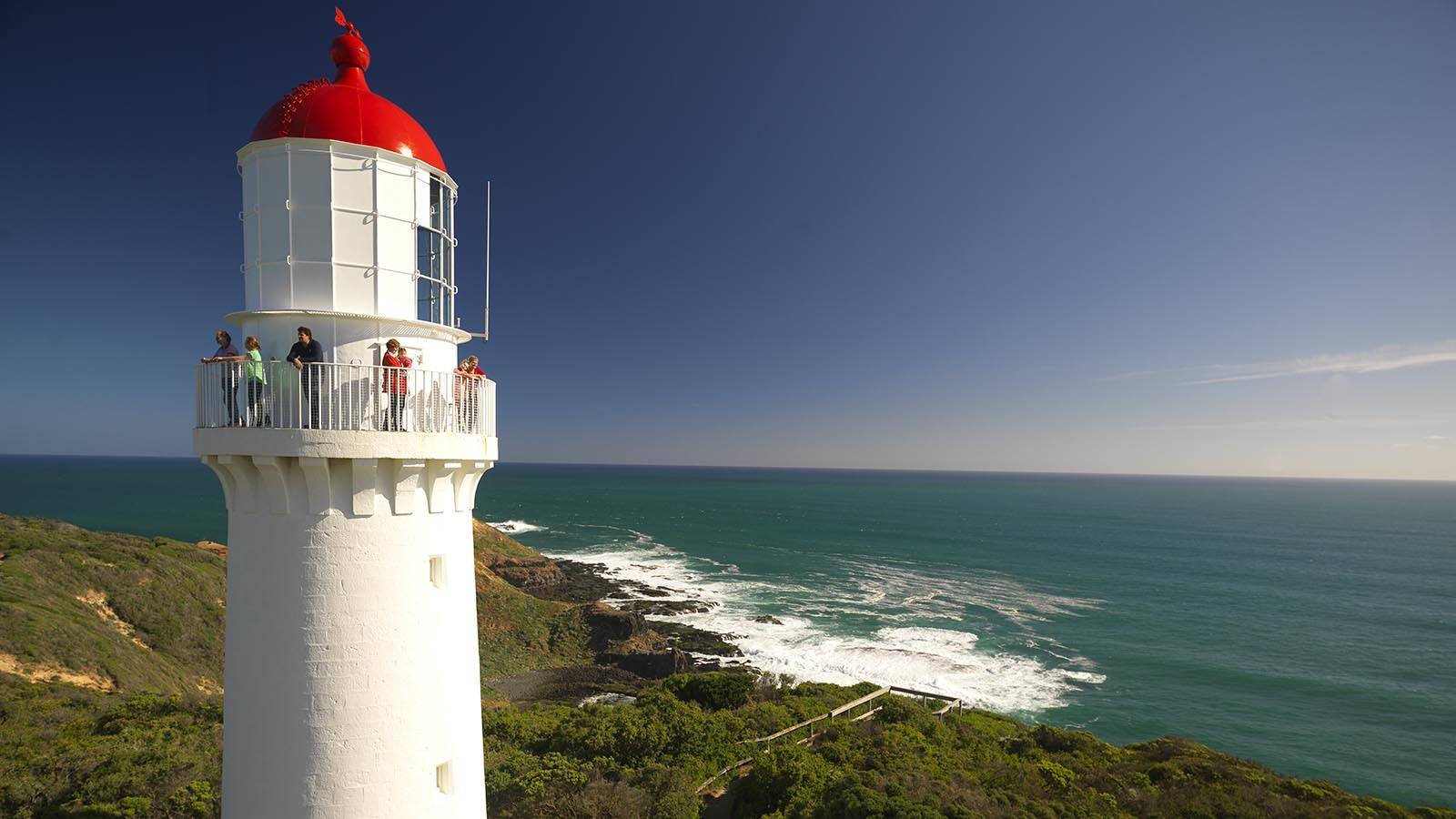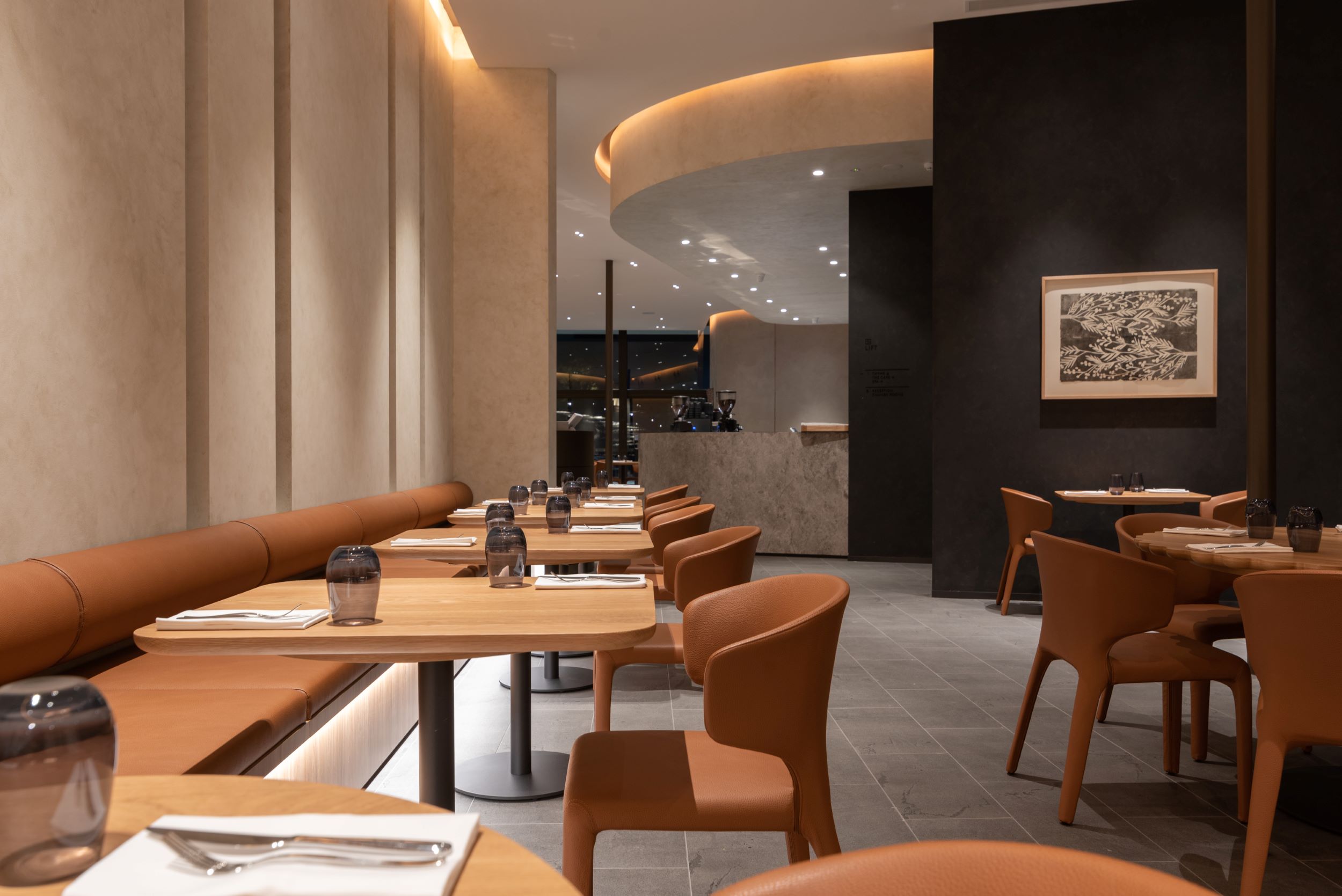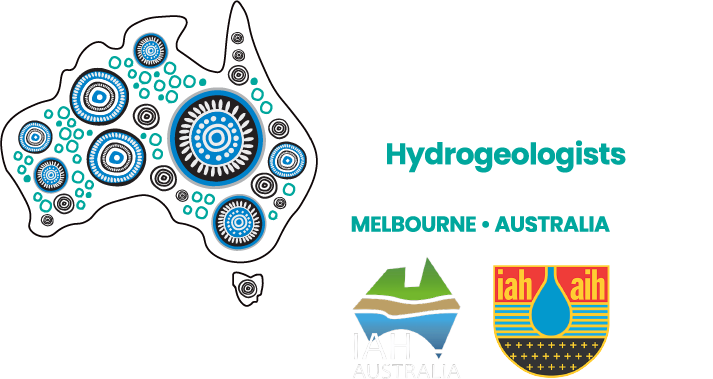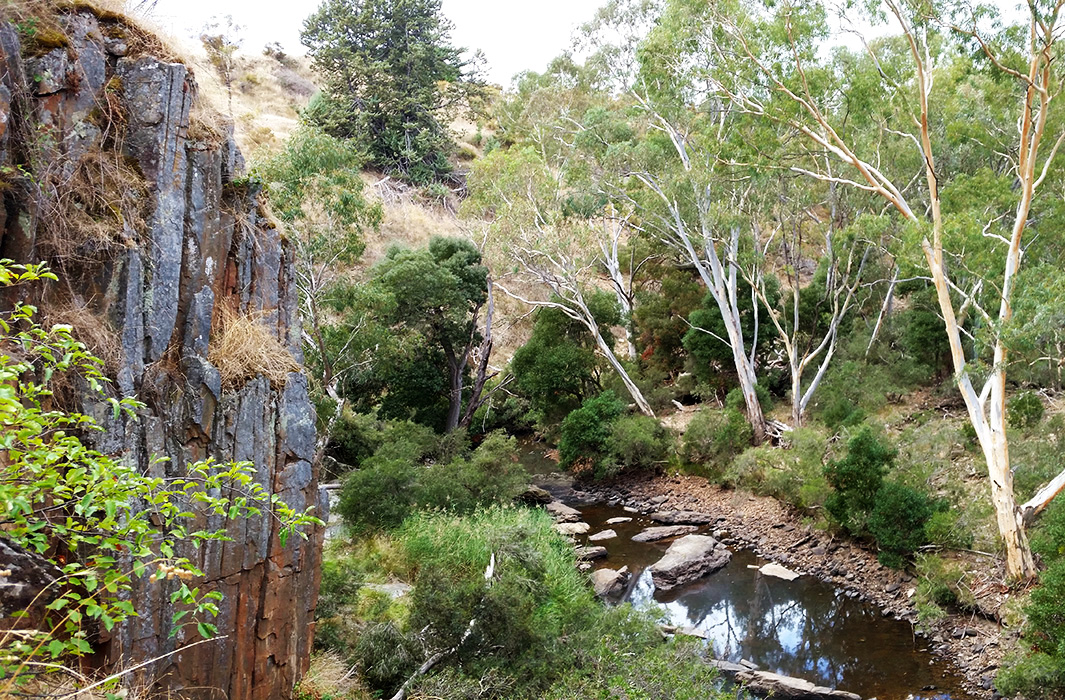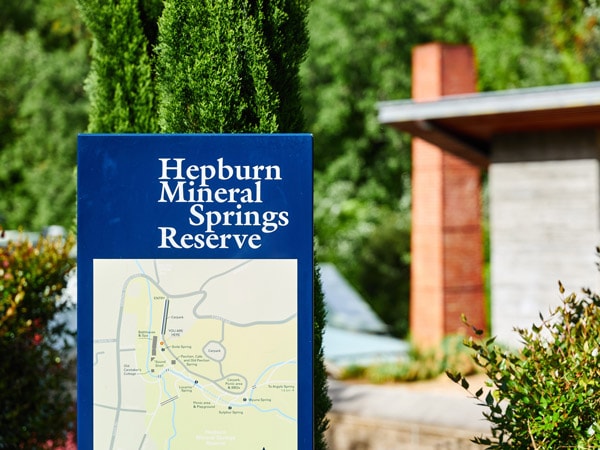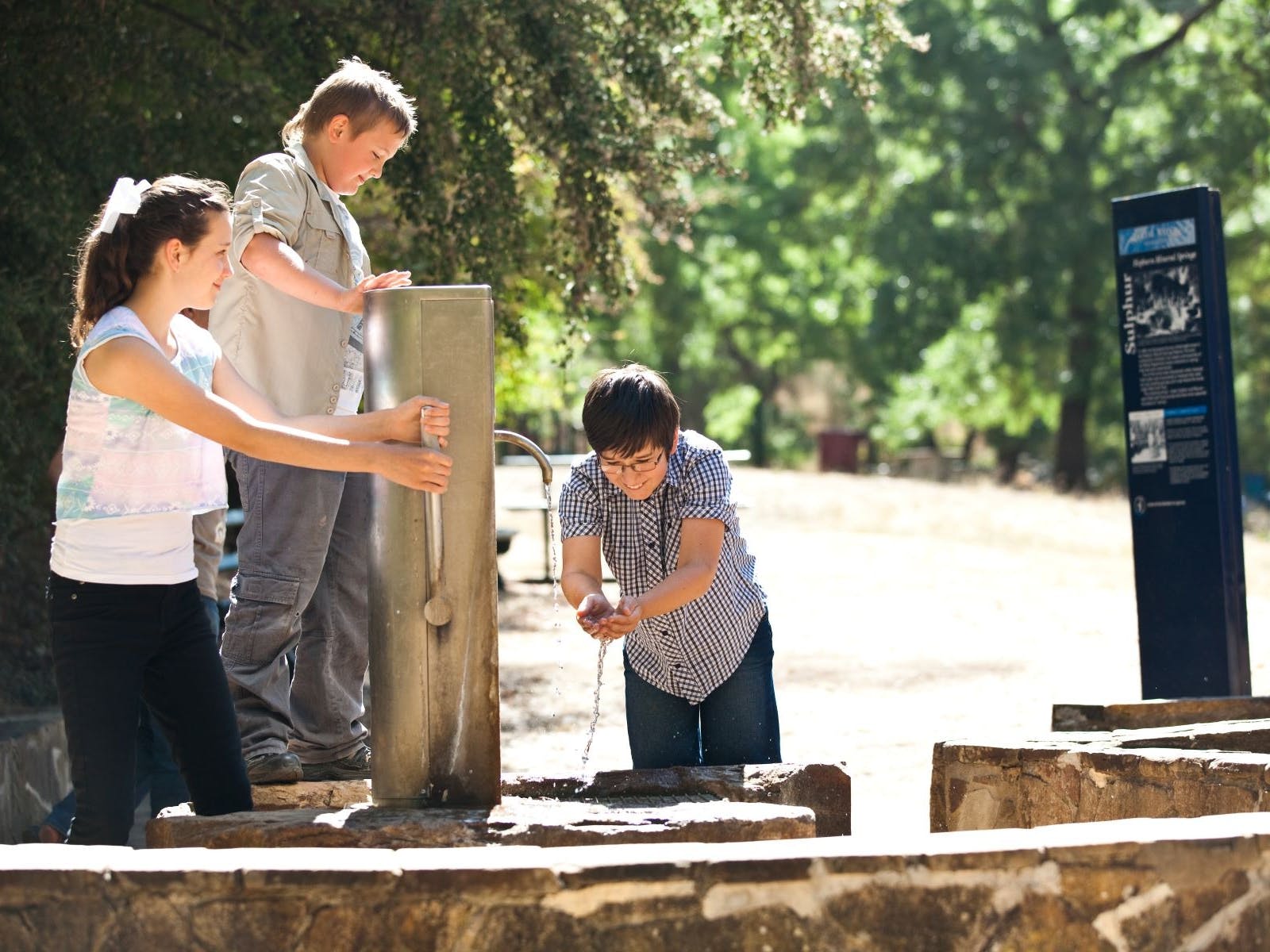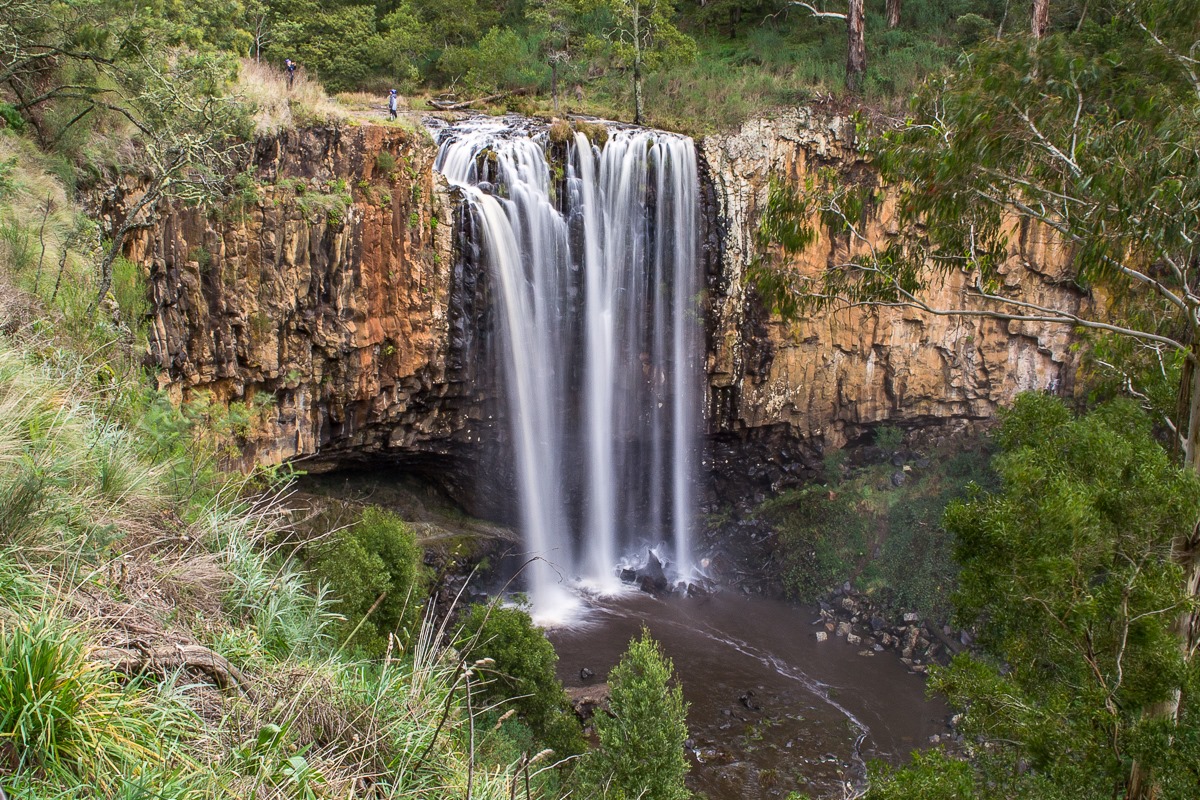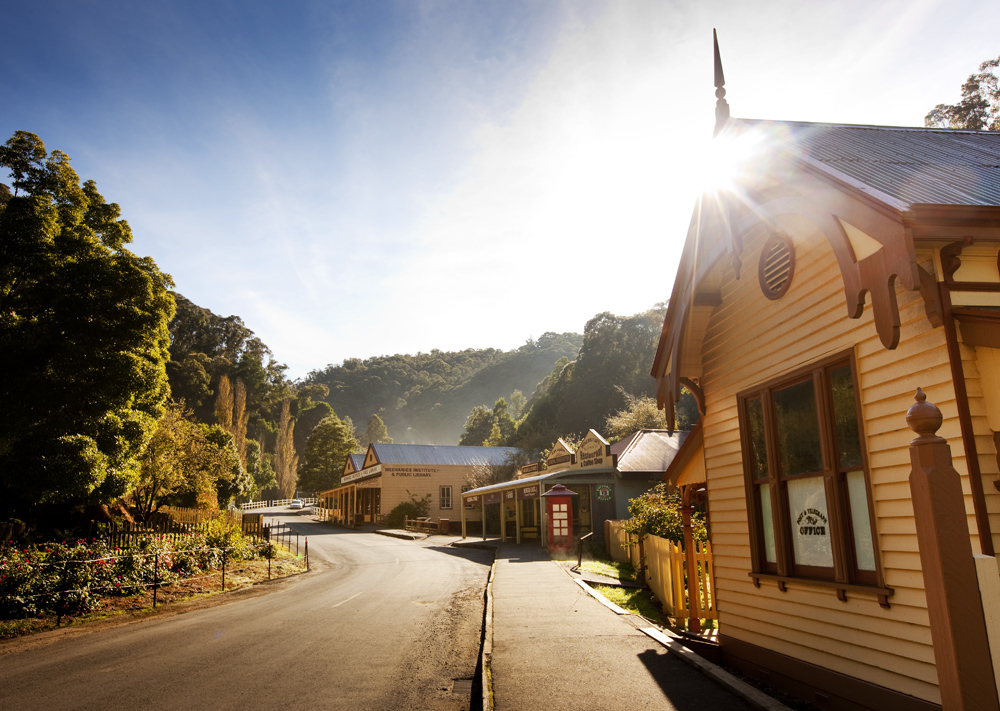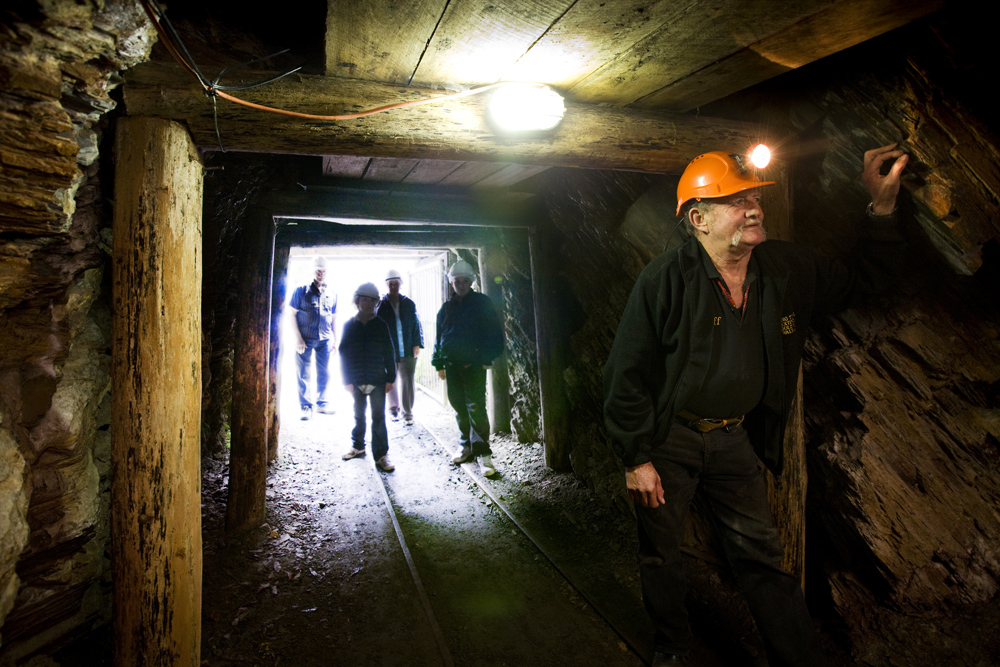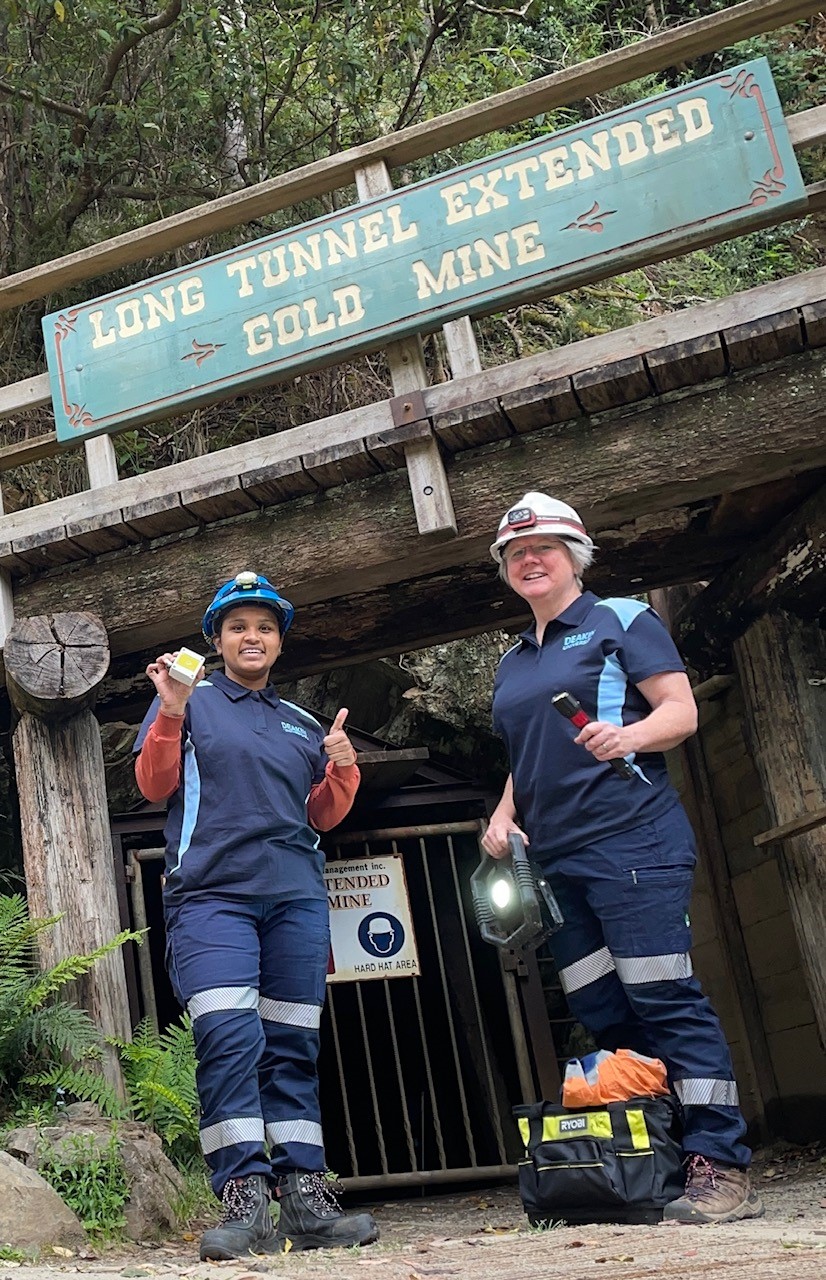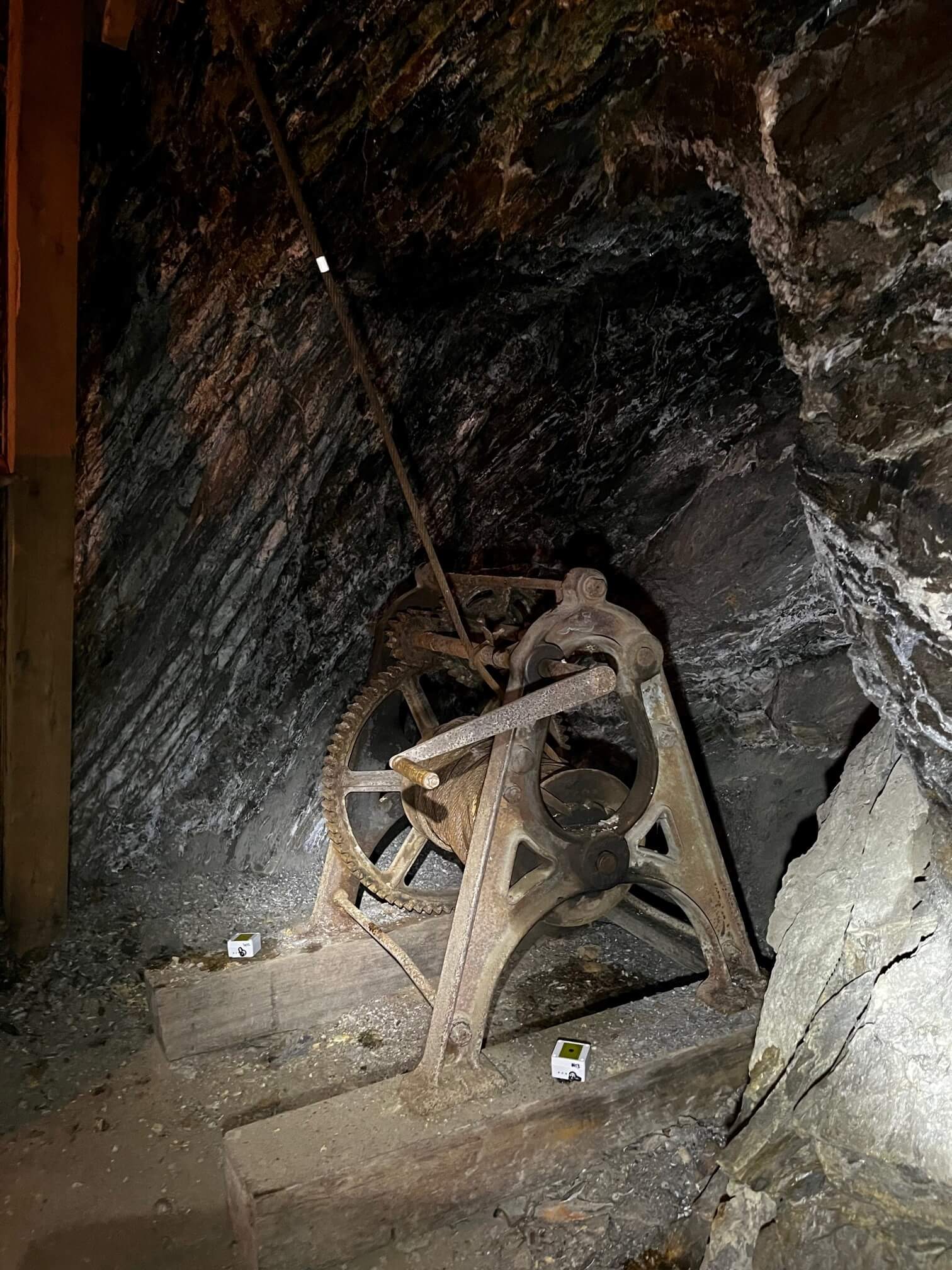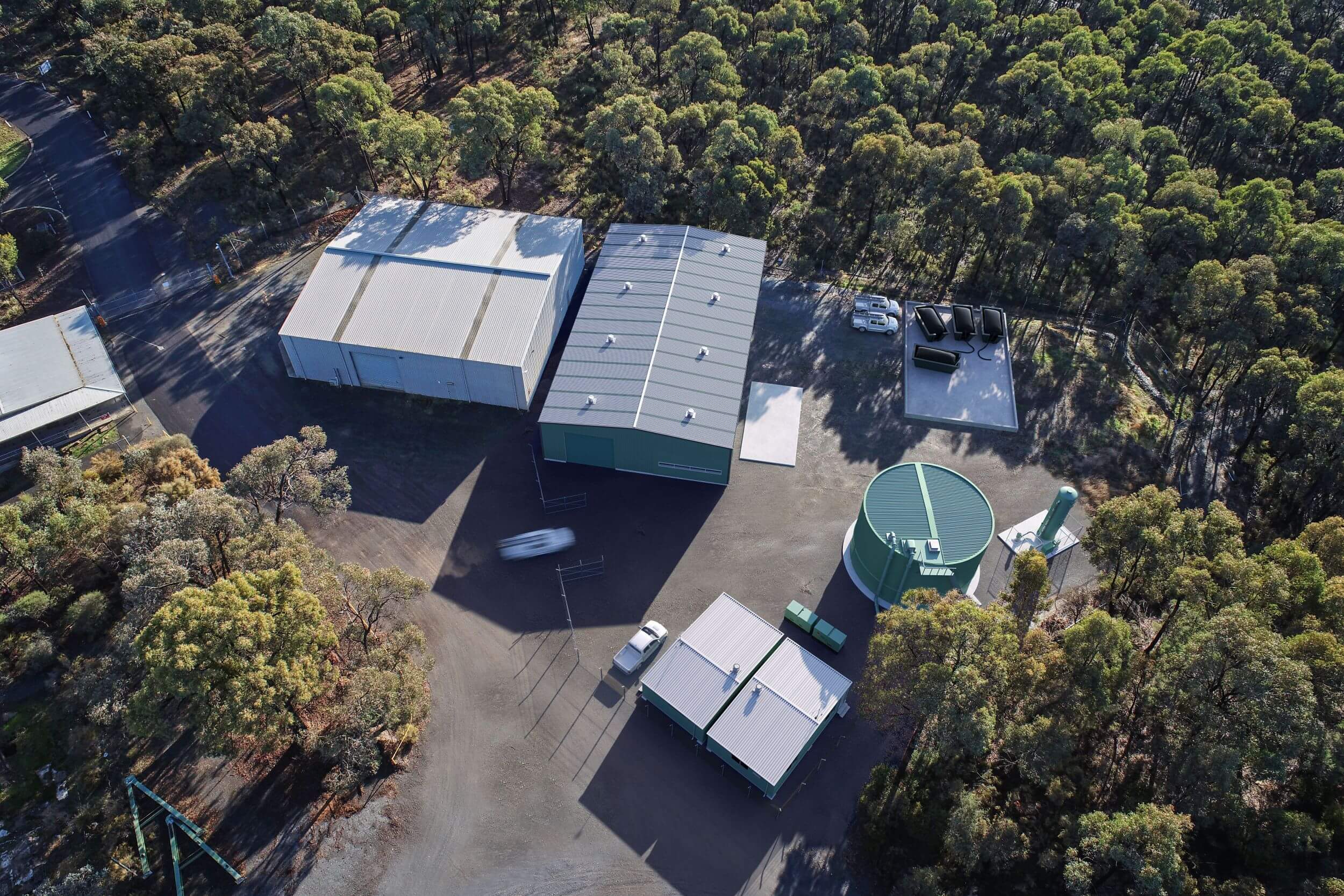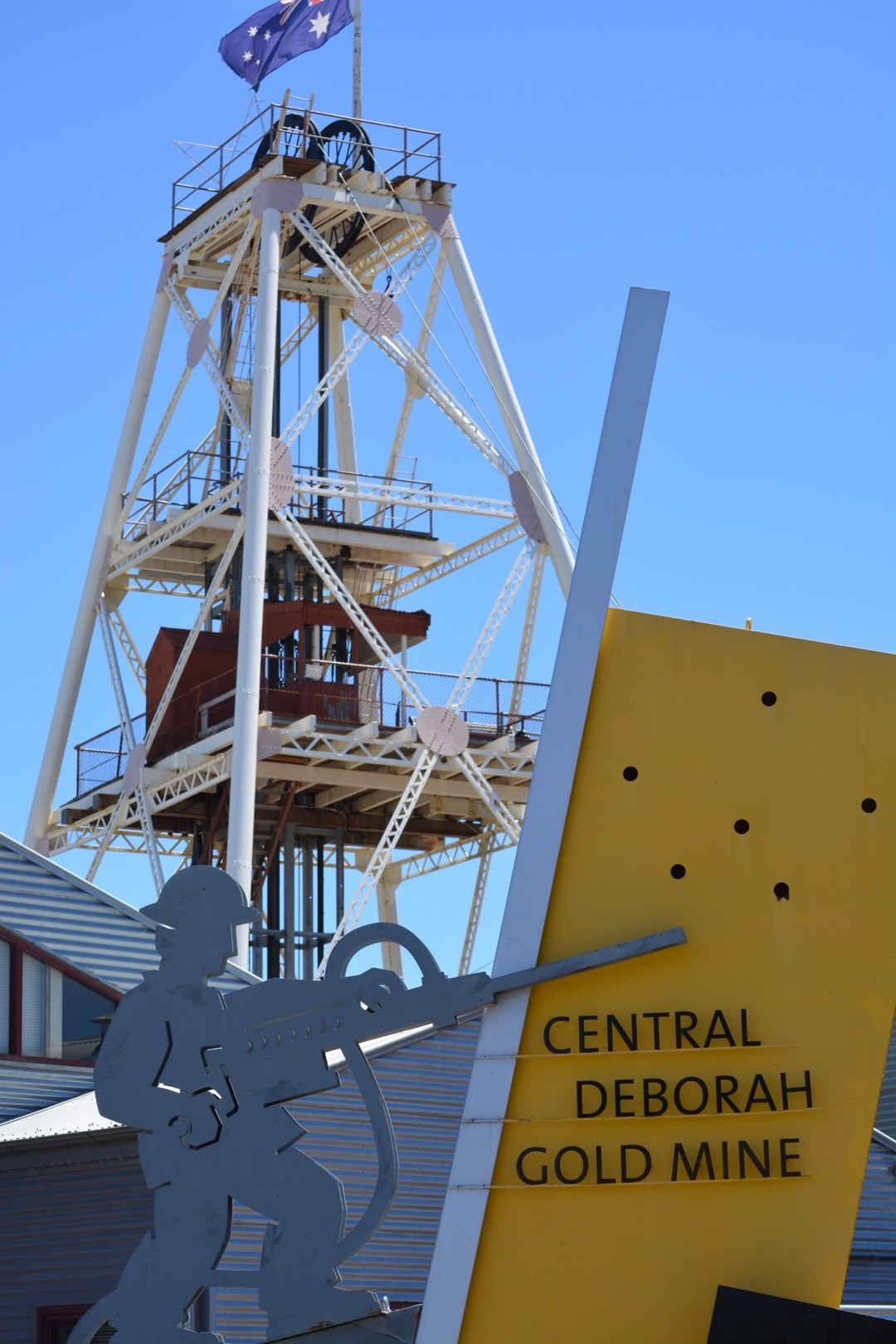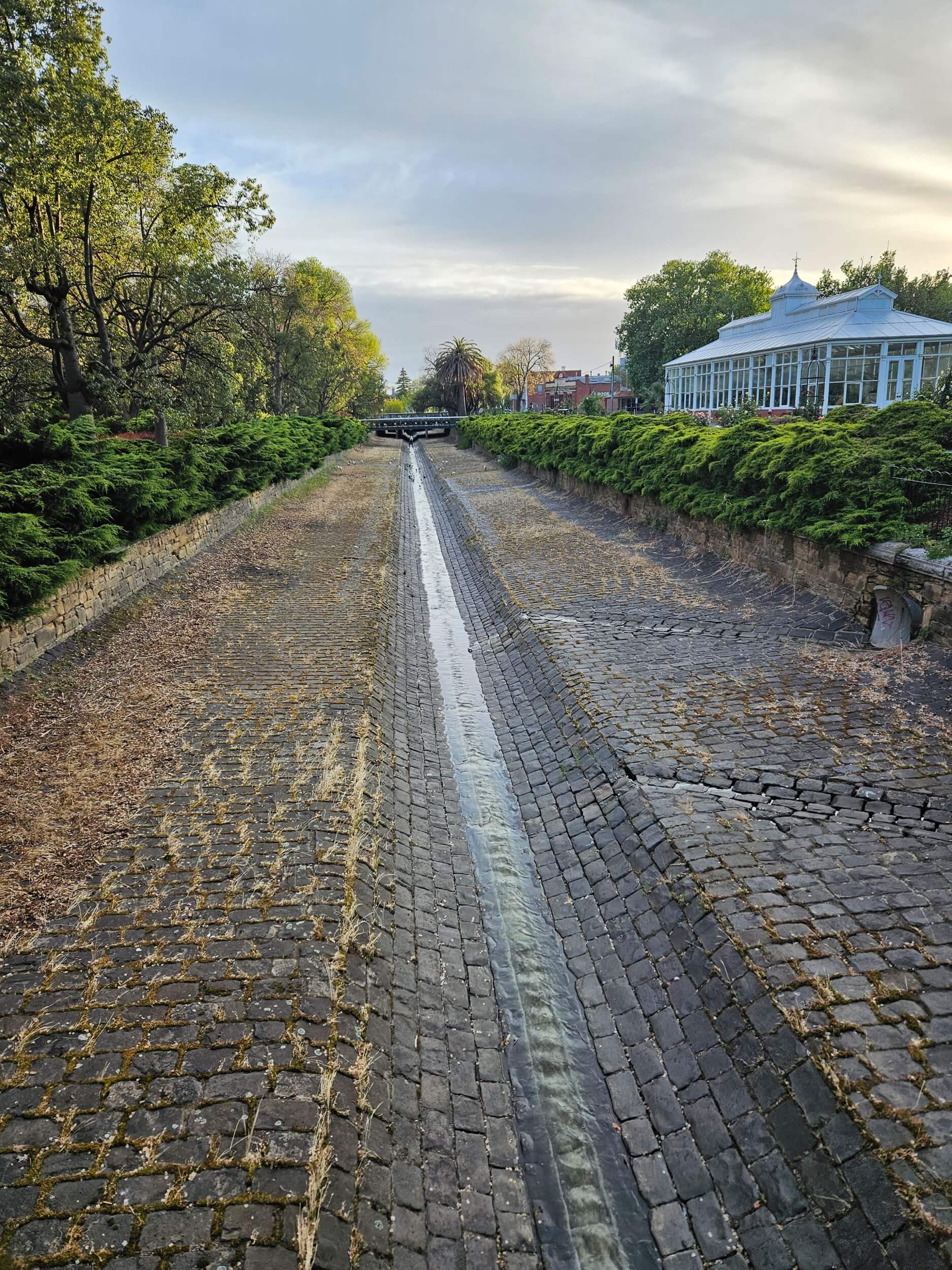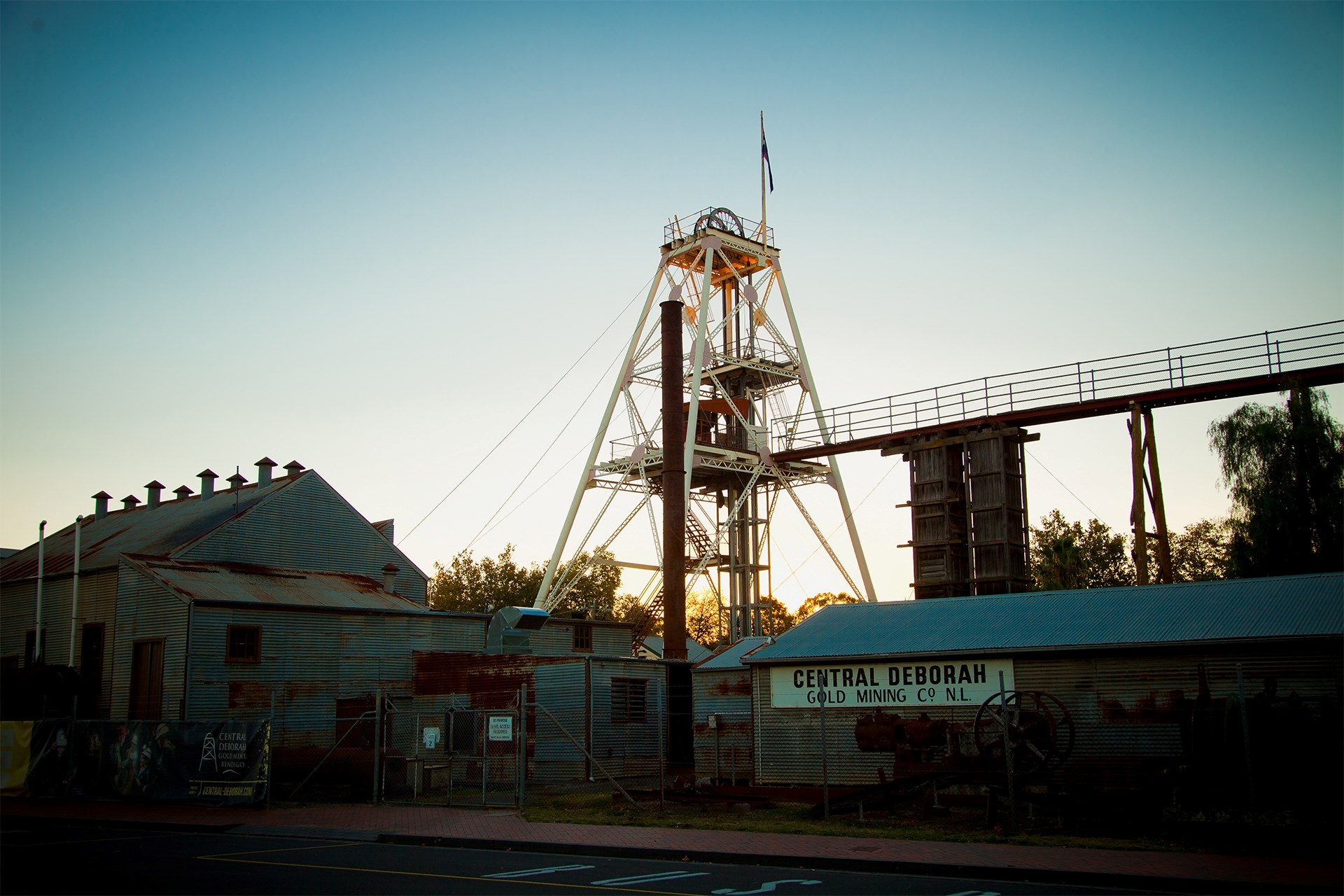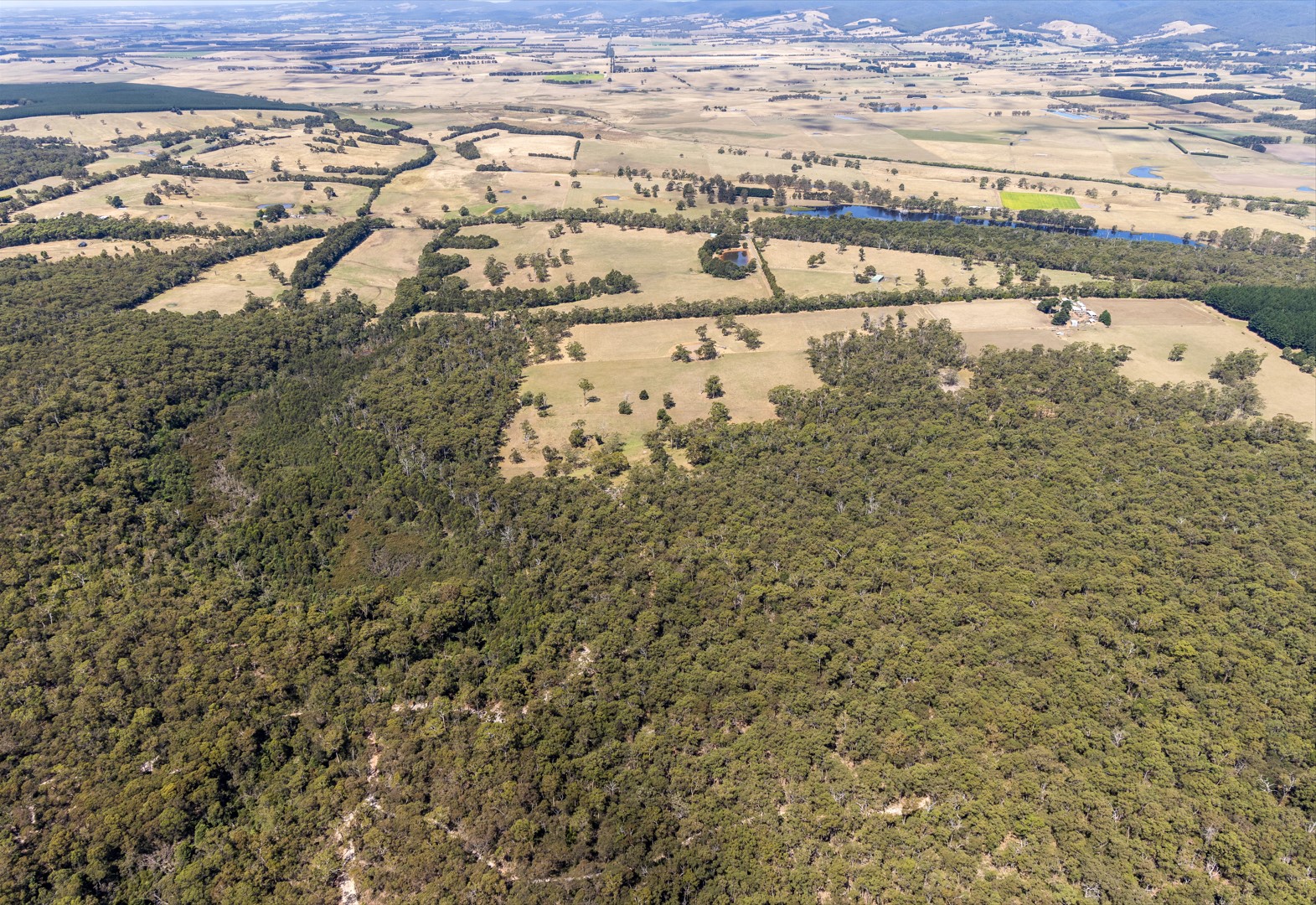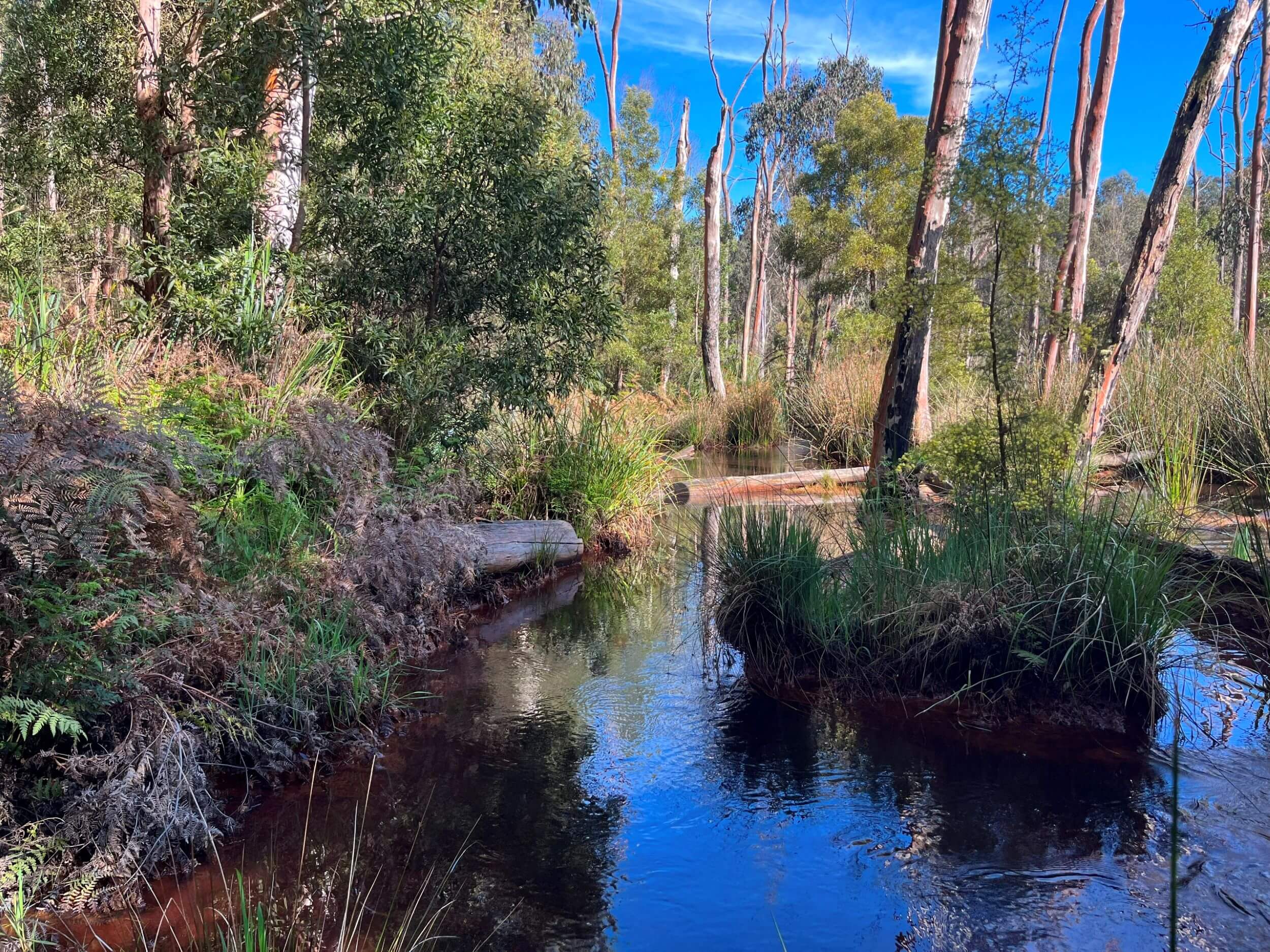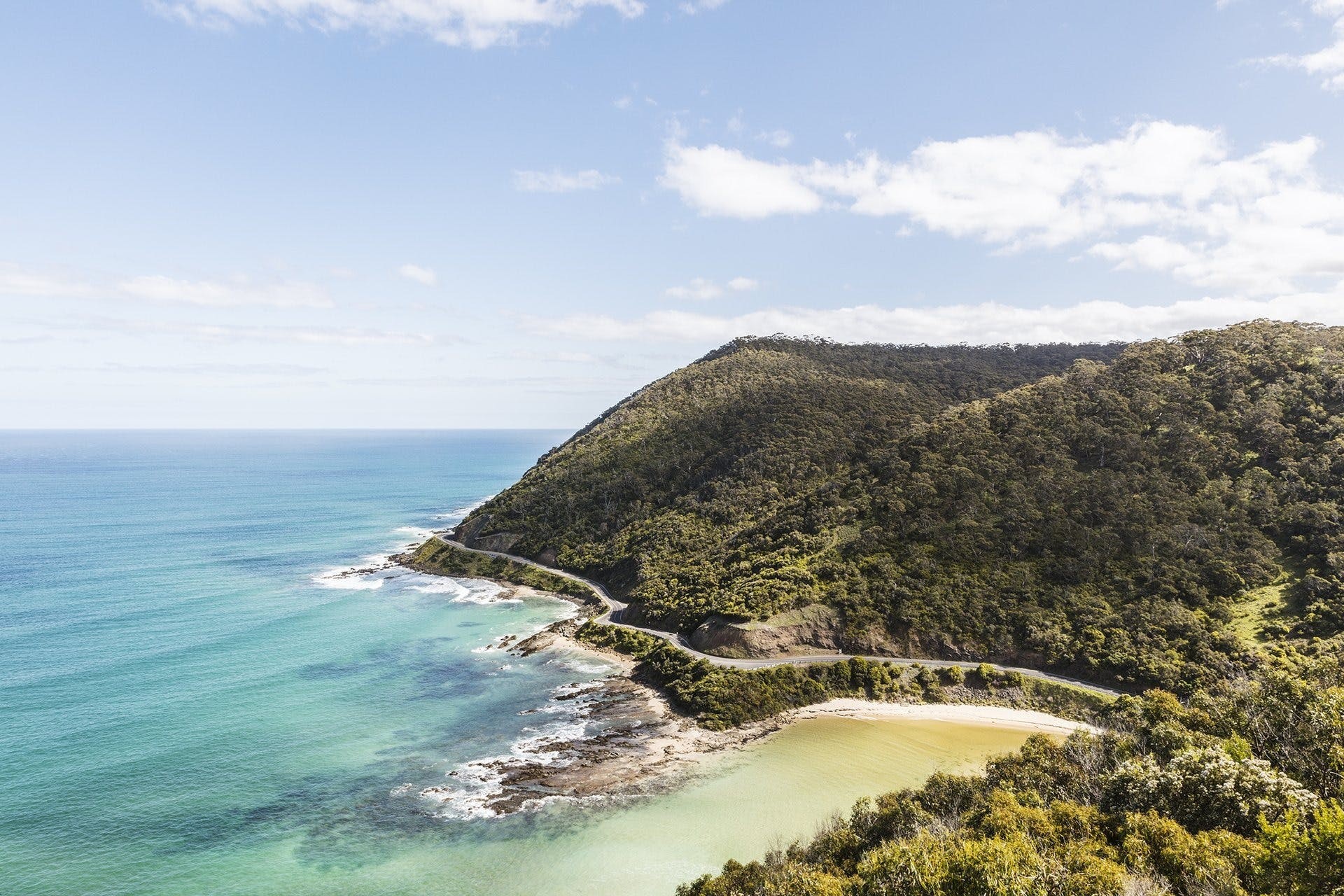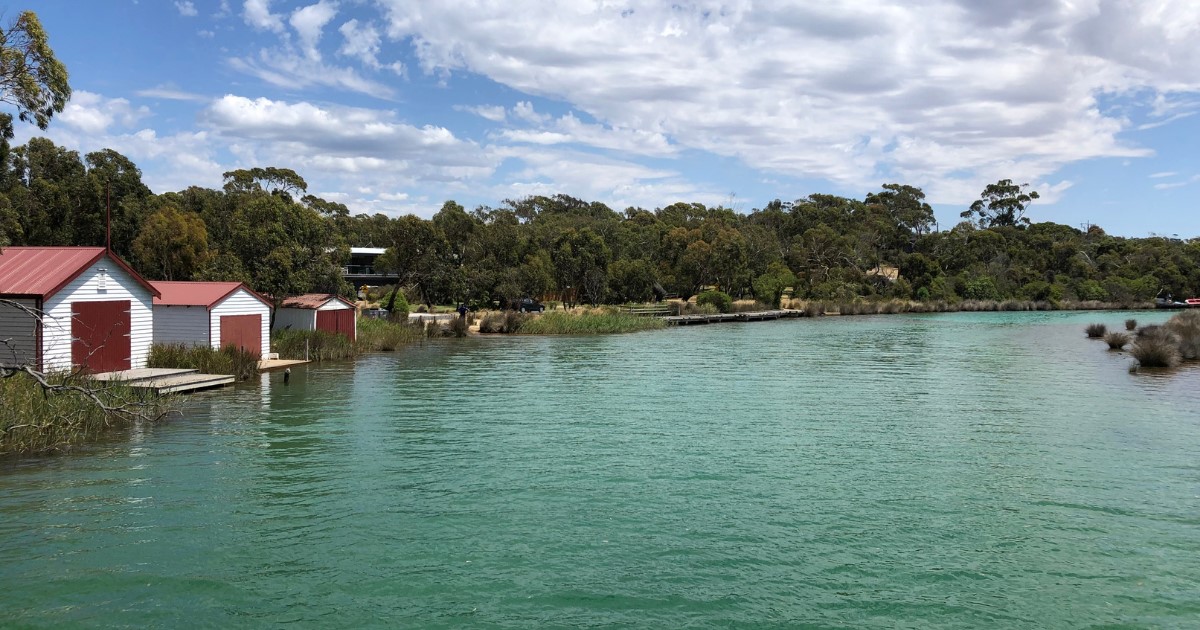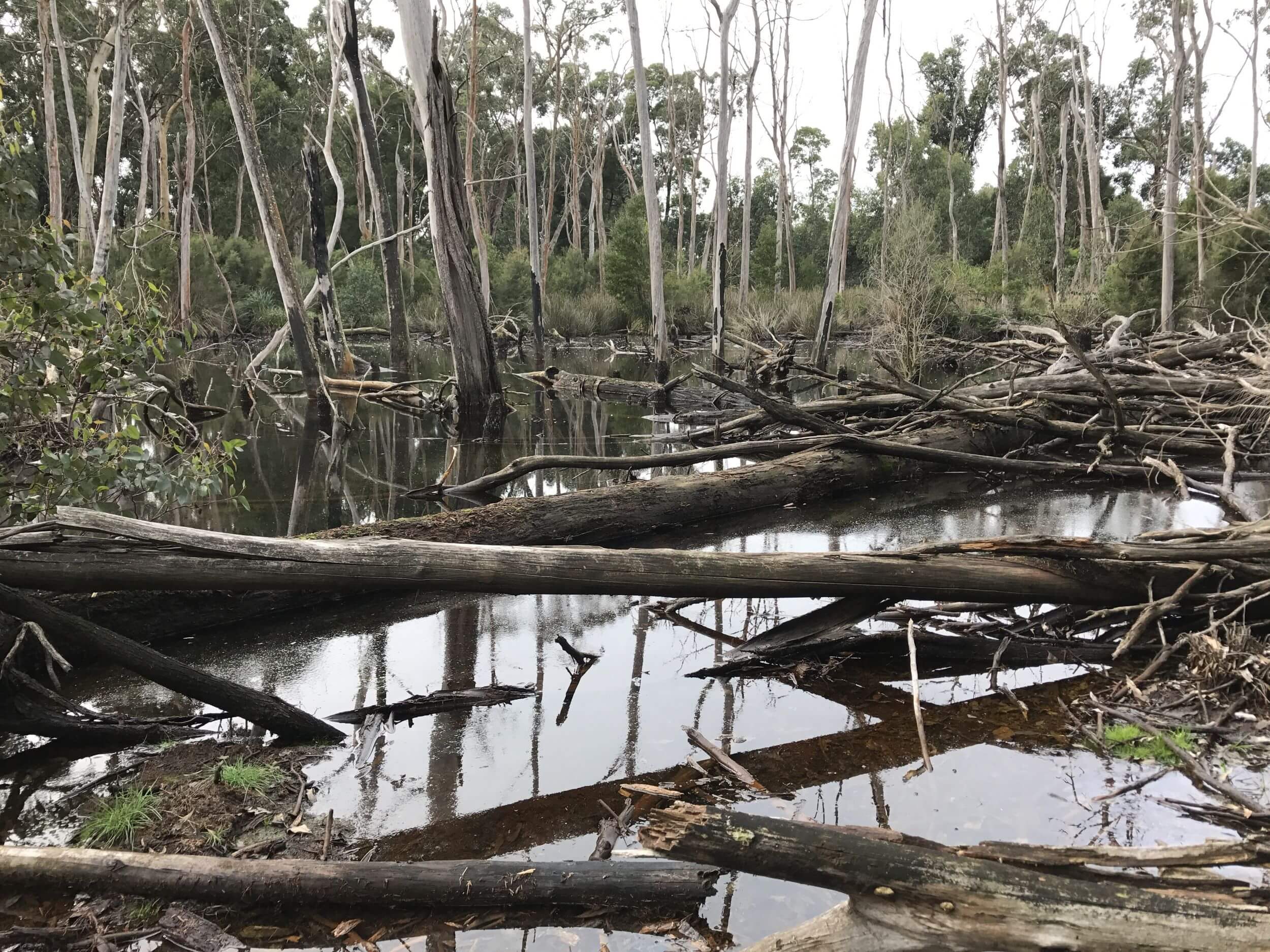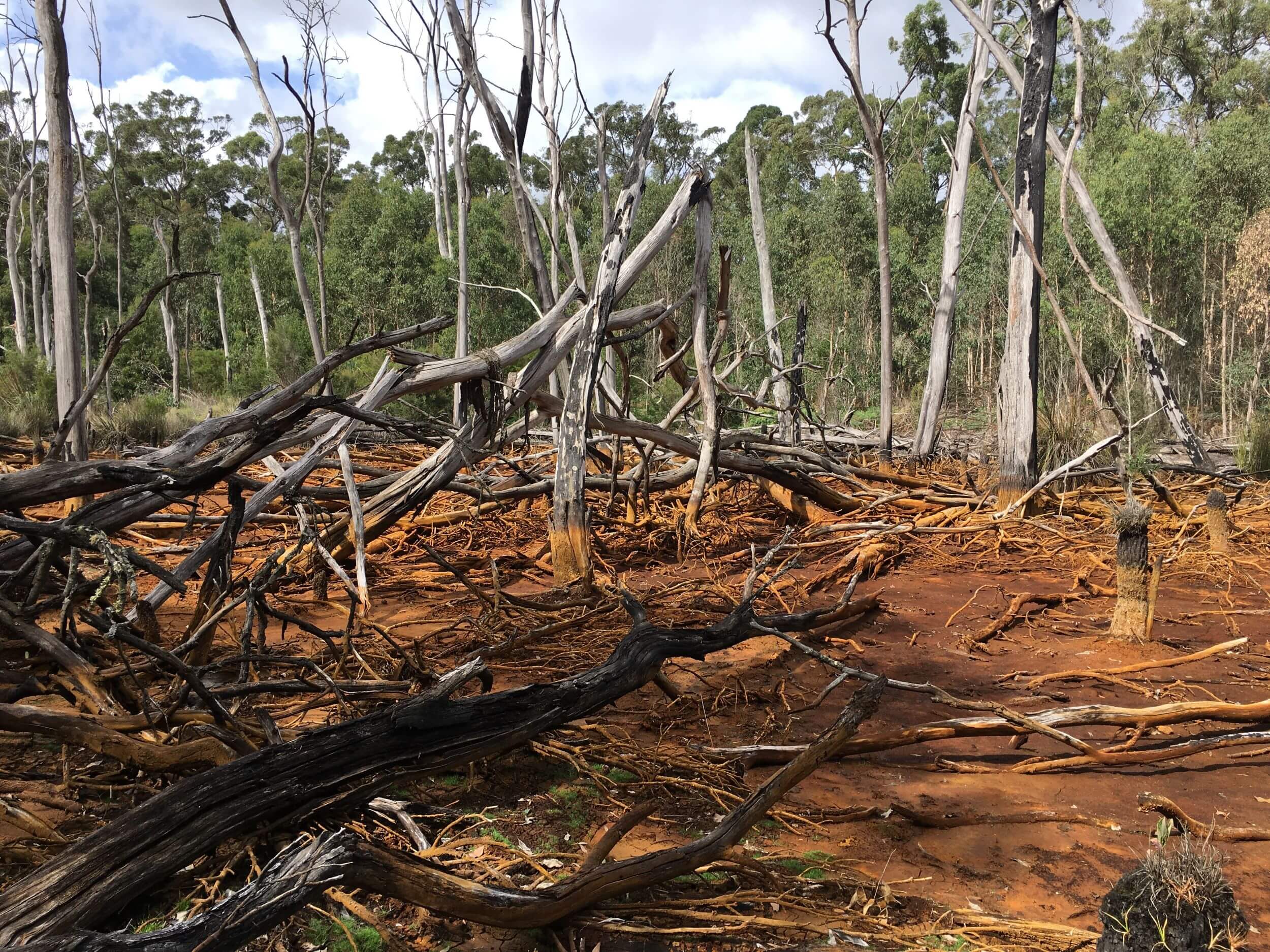All trips will depart from and return to the Melbourne Convention and Exhibition Centre (departing between 7:00 to 8:30 am and returning around 5:30 pm) on Monday the 15th September 2025. If you have any accessibility requirements, please contact us to discuss how we can best support you - registration@iah2025congress.com.
Field Trips can be purchased via the registration form, alternatively if you have already registered you can add-on a field trip to your existing registration by contacting the registration email mentioned above.
For the Mornington Peninsula geothermal resort field trip, you can purchase an additional ticket for a plus one (limit of one per registration). For other field trips, you can express interest in purchasing an additional ticket when purchasing your ticket. Availability of these tickets depends on remaining capacity and will be confirmed closer to the field trip date as congress delegates will be given priority.
Beneath the surface: tunnelling excellence and innovation
Traditional lands of the Bunurong People
About the Field Trip
Victoria’s Big Build is reshaping the state with more than $90 billion invested in more than 165 major transport projects. Melbourne’s tunnel-based initiatives are central to this transformation. Complex, large-scale projects such as these require world-class hydrogeological expertise to carefully manage the challenges inherent in tunnelling under urban, geologically-complex environments.
The Victorian Tunnelling Centre (VTC) at Holmesglen Institute is a nationally unique, full-scale, immersive underground training facility that provides industry-leading exposure to modern tunnelling infrastructure. During this field trip we will enjoy a guided tour of the VTC, including viewing full-scale tunnel replicas and experiencing a range of immersive, interactive learning technologies and demonstrations using virtual and mixed reality equipment.
The visit will continue at a Suburban Rail Loop East construction site, where attendees will observe tunnel launch shaft construction and engage with experts managing groundwater and geotechnical considerations in real time. This will include a presentation on the use of ground freezing techniques to support cross passage construction. This experience offers hydrogeologists a unique view into how training, technology, and applied science intersect in Victoria’s infrastructure future.
Sponsored by
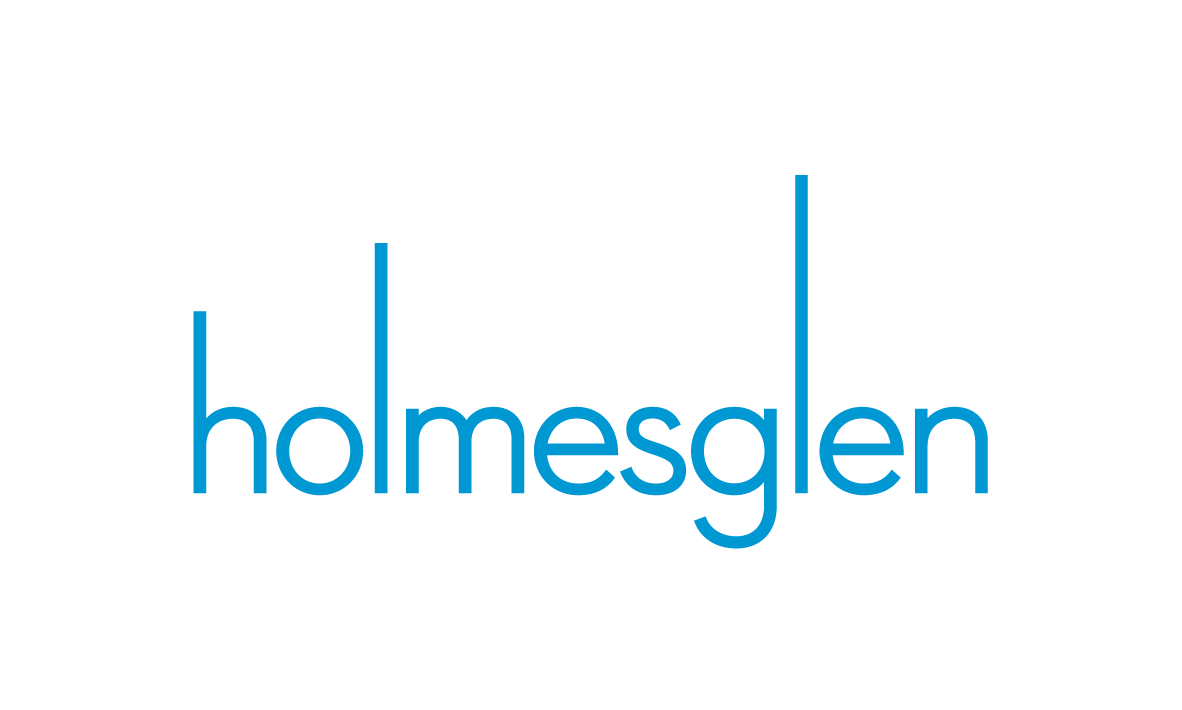
Organiser

Alistair Stewart
Further Information
A packed lunch will be provided.
Delegates are required to bring the following PPE for the SRLA site visit: steel cap boots, long sleeve shirt and pants, and gloves. A high vis vest and hard hat will be provided. Anyone not wearing correct PPE will not be permitted on the SRLA site visit.
Delegates will be required complete an online visitor induction prior to the field trip and fill out a visitor sign in when arriving at the SRLA site. Delegates must be physically able and capable of walking on uneven ground, up and down stairs, be over the age of 18 years, and be comfortable with heights.
Cost
$150 per person
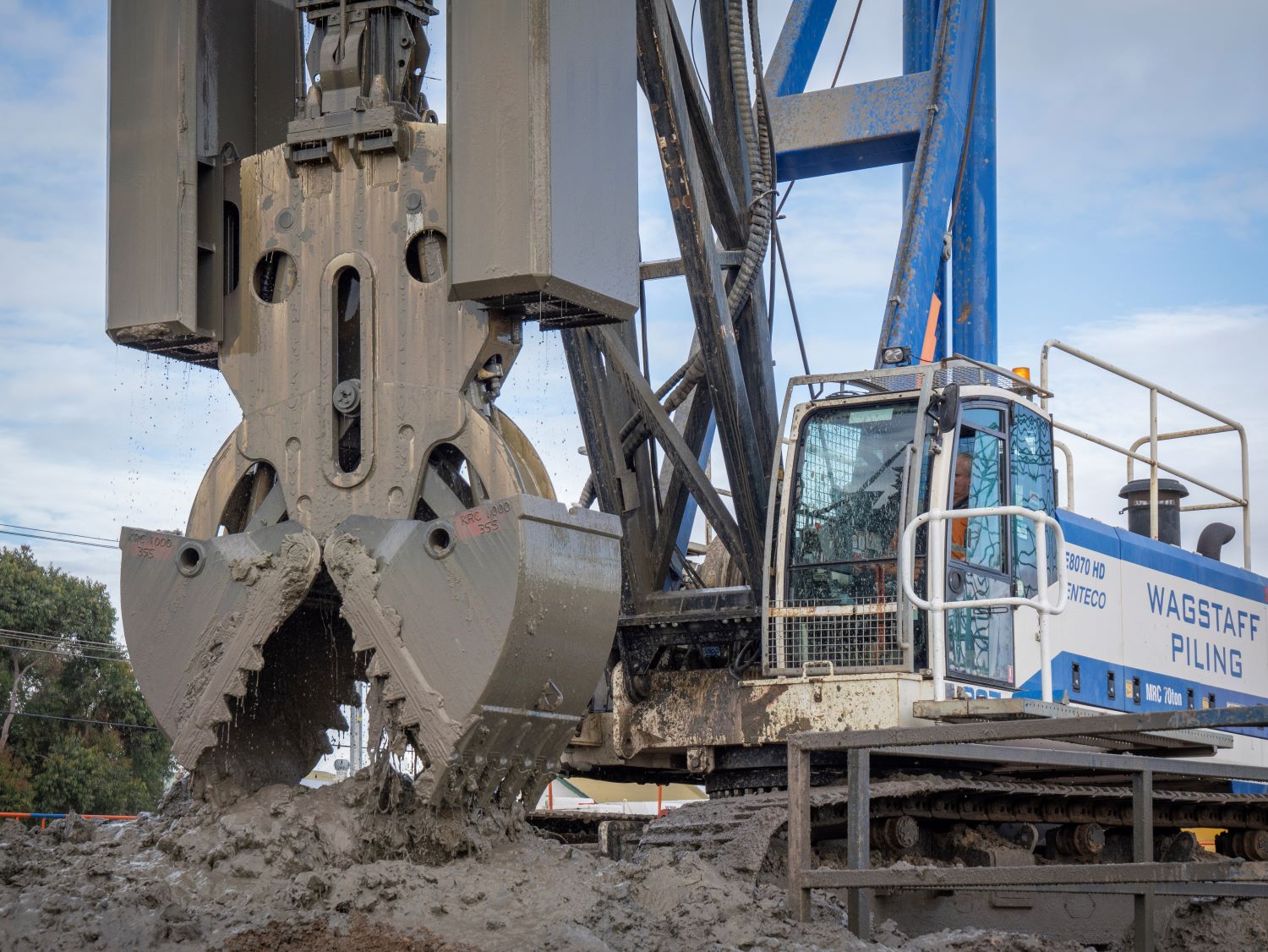
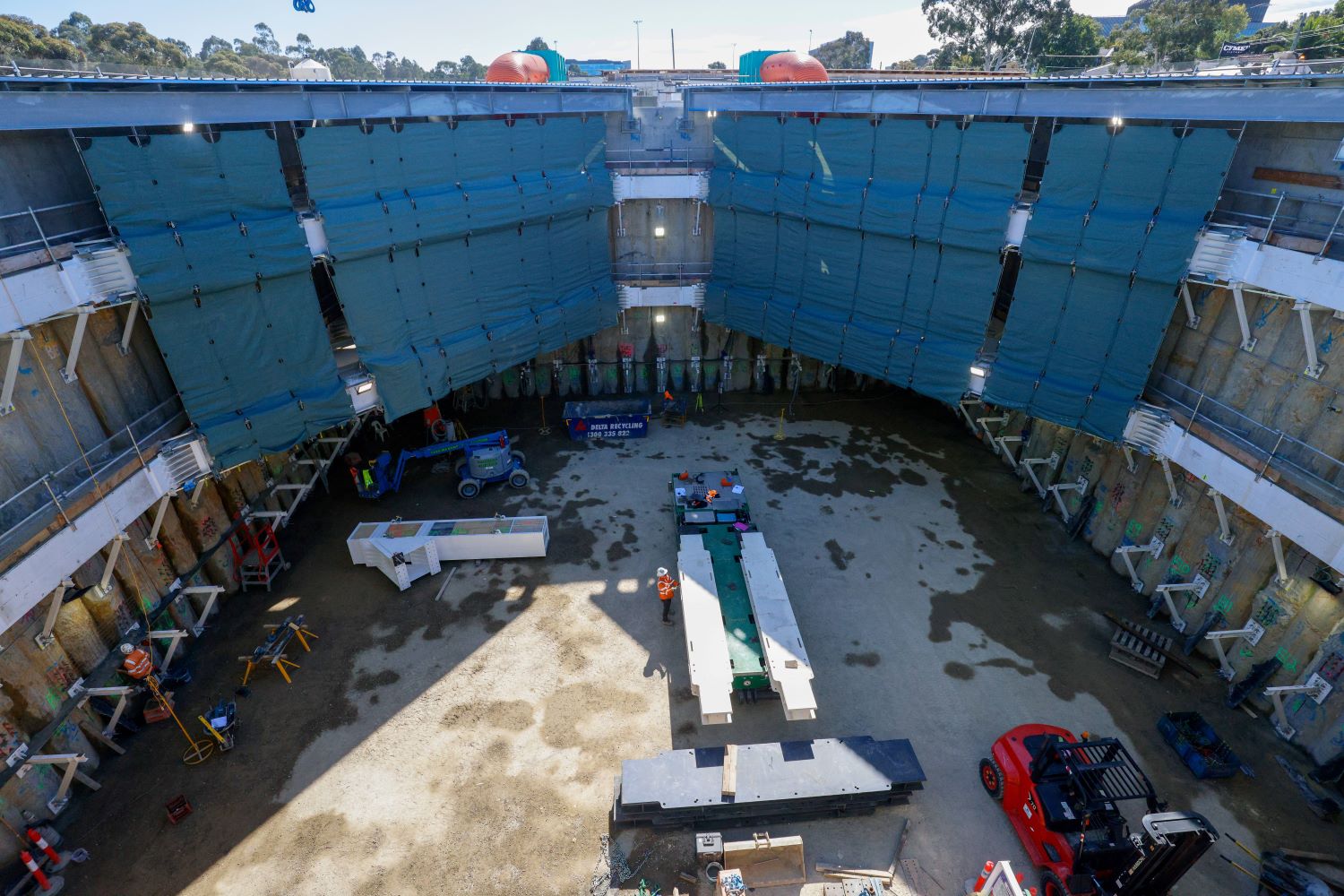
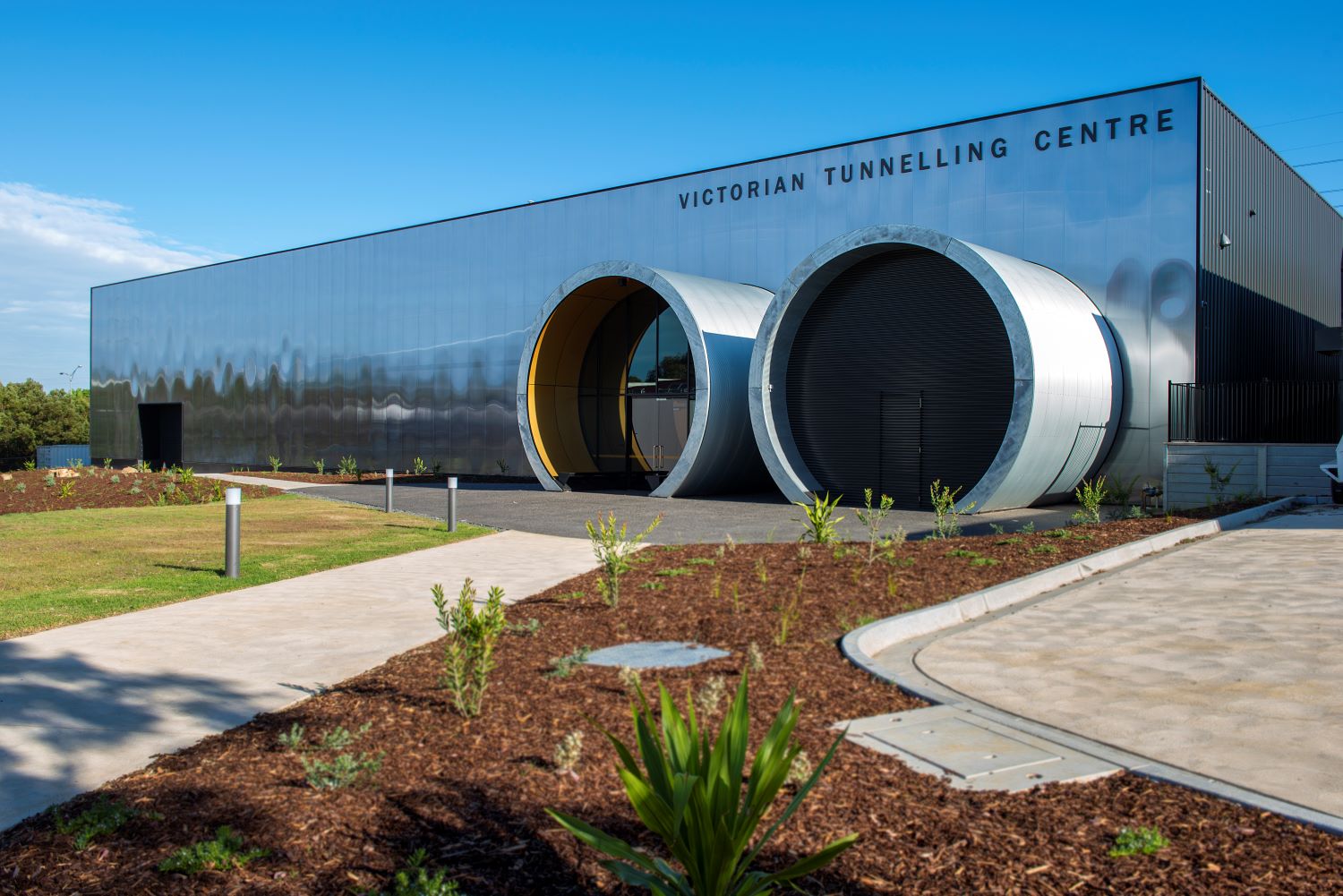
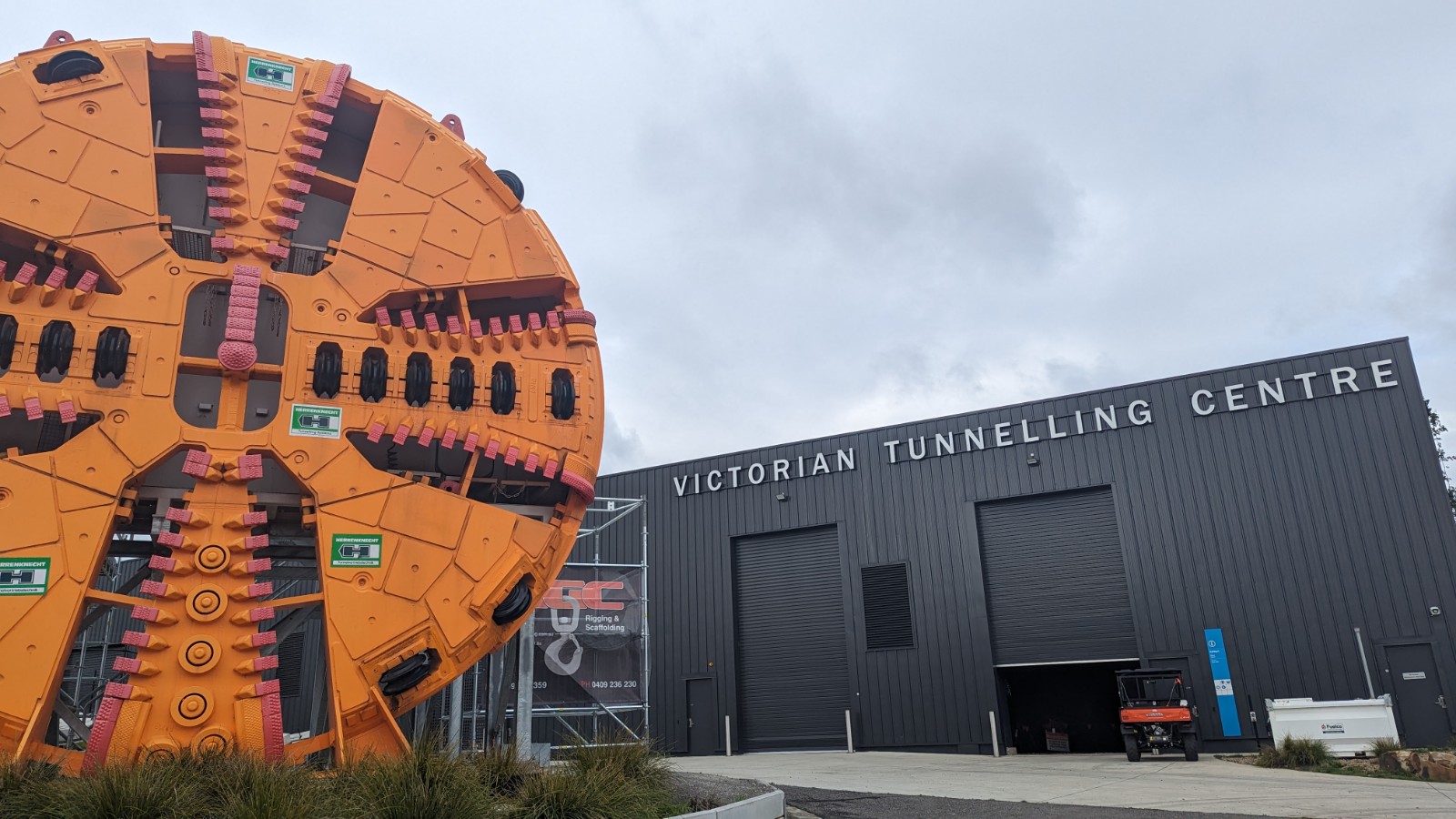
Central Victorian Mineral Springs
Traditional lands of the Djaara (Dja Dja Wurrung) People
About the Field Trip
Djaara (Dja Dja Wurrung People) have lived on and cared for Djandak (Country) over many thousands of years. Learn about the cultural significance of Vaughn Mineral Springs from Dja Dja Wurrung spokesman Jason Kerr. The presence of permanent drinking water provided an invaluable resource, highlighted by grinding stones that date back to the last Ice Age, around 15,000 years ago. We’ll hear about the western hydrogeological conceptualisation of the mineral springs and how this aligns with Indigenous groundwater knowledge.
We’ll have lunch at the Hepburn mineral springs, established in 1895 and renowned for their therapeutic waters and rich geological history and contrasting the western influence on the resource compared. Along the way, we'll discuss the unique processes that influence these mineral-rich springs (and alternative conceptualisations!) and get the chance to see the landscape of central Victoria.
We’ll stop off at Trentham Falls one of the most spectacular waterfalls in Central Victoria before learning around the natural spring that supplies water to the town of Trentham. Trentham is one of several central Victorian towns that is solely supplied by groundwater.
Organiser

Dr Jon Fawcett
Further Information
A packed lunch will be provided. Comfortable closed-toe shoes.
Cost
$150 per person
Walhalla Historic Gold Mine and Recharge Observatory
Traditional lands of the Brayakaulung People of the Gunaikurnai Nation
About the Field Trip
Head into the depths of a historic gold mine, where you'll witness firsthand the processes of mine water drainage and groundwater recharge. Located in the foothills of the Australian Alps, this high-rainfall area results in the flooding of the mine’s lower levels, necessitating the active drainage of metal-rich water from the tourist-accessible levels.
We'll enter through a horizontal tunnel carved into the mountainside, walking along a gently sloping passage that takes you right into the heart of the mine. Along the way, you’ll learn about how groundwater is managed and the challenges it poses in this environment.
After the mine tour, there will be time to explore the historic township of Walhalla, including its well-preserved mining museum. This is an exceptional opportunity to explore the geotechnical, geochemical, and groundwater challenges of the region, while also gaining insight into the wealth—and the risks—associated with mining in this rugged and beautiful landscape.
Organiser
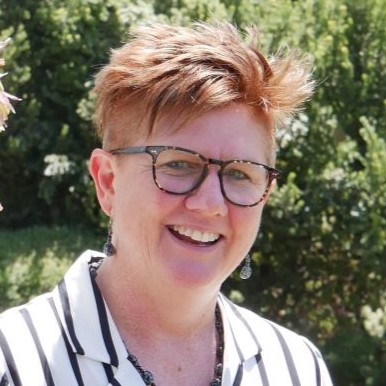
Prof Wendy Timms
Further Information
A packed lunch will be provided.
Closed-toe robust footwear is mandatory. Hard hat and lighting will be provided.
Cost
$100 per person
Central Bendigo Mine Rehabilitation Project
Traditional lands of the Dja Dja Wurrung and the Taungurung Peoples of the Kulin Nation
About the Field Trip
Explore the history and environmental challenges of Bendigo's gold mining legacy, which has left a lasting impact on the city’s groundwater system. Bendigo is home to the world’s largest concentration of deep gold mining shafts, and this field trip will provide a unique opportunity to learn about the ongoing efforts to manage and mitigate the effects of mining-impacted groundwater.
The focus of the trip will be on managing elevated levels of arsenic and metals in groundwater, which, if left untreated, could discharge into Bendigo Creek. This could negatively affect water quality and public amenity. You’ll also hear about a significant $52 million infrastructure project aimed at addressing these challenges and ensuring the liveability of Bendigo. The field trip will include presentations at Central Deborah Tourist Mine in the underground conference room, travel to various sites related to mining legacy and the rehabilitation project and visit to the former Kangaroo Flat Mine site.
This field trip offers a rare opportunity to gain valuable insights into how Bendigo is addressing the long-term environmental effects of historical mining. Learn about the challenges and innovative solutions being implemented to manage groundwater contamination and safeguard the city’s water quality for future generations.
Organiser
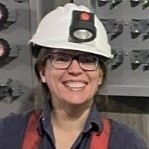
Natalie Trotter
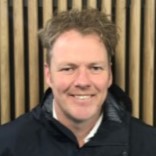
Mick Hoban
Further Information
A packed lunch will be provided.
Closed-toe robust footwear is mandatory.
Hardhats and lighting will be provided.
Cost
$100 per person
Kangaroo Hills (dryland salinity) and Heathcote Wineries
Traditional lands of the Dja Dja Wurrung and Taungurung People of the Kulin Nation
About the Field Trip
The excursion will begin with an exploration of Kangaroo Hills, an area affected by dryland salinity, where rising water tables have led to the salinisation of farmland in the discharge zone of a local groundwater system. We will discuss the impacts of climate change and land-use practices over time, examine salinity stratification in bores, and delve into the region’s geothermal gradient.
Following a break for lunch, we will visit two renowned wineries in Heathcote. Here, we will have the opportunity to sample some of their exceptional wines while discussing the influence of water—both rainfall and groundwater—on the isotopic composition of the wine. The concept of terroir in southeastern Australia will also be explored, offering a deeper understanding of how local environmental factors shape the unique characteristics of the region's wines.
Organiser
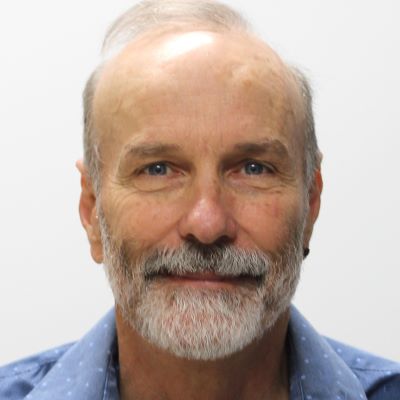
Dr John Webb
Further Information
Lunch is included as part of the tour and wine tasting at two wineries
Cost
$120 per person
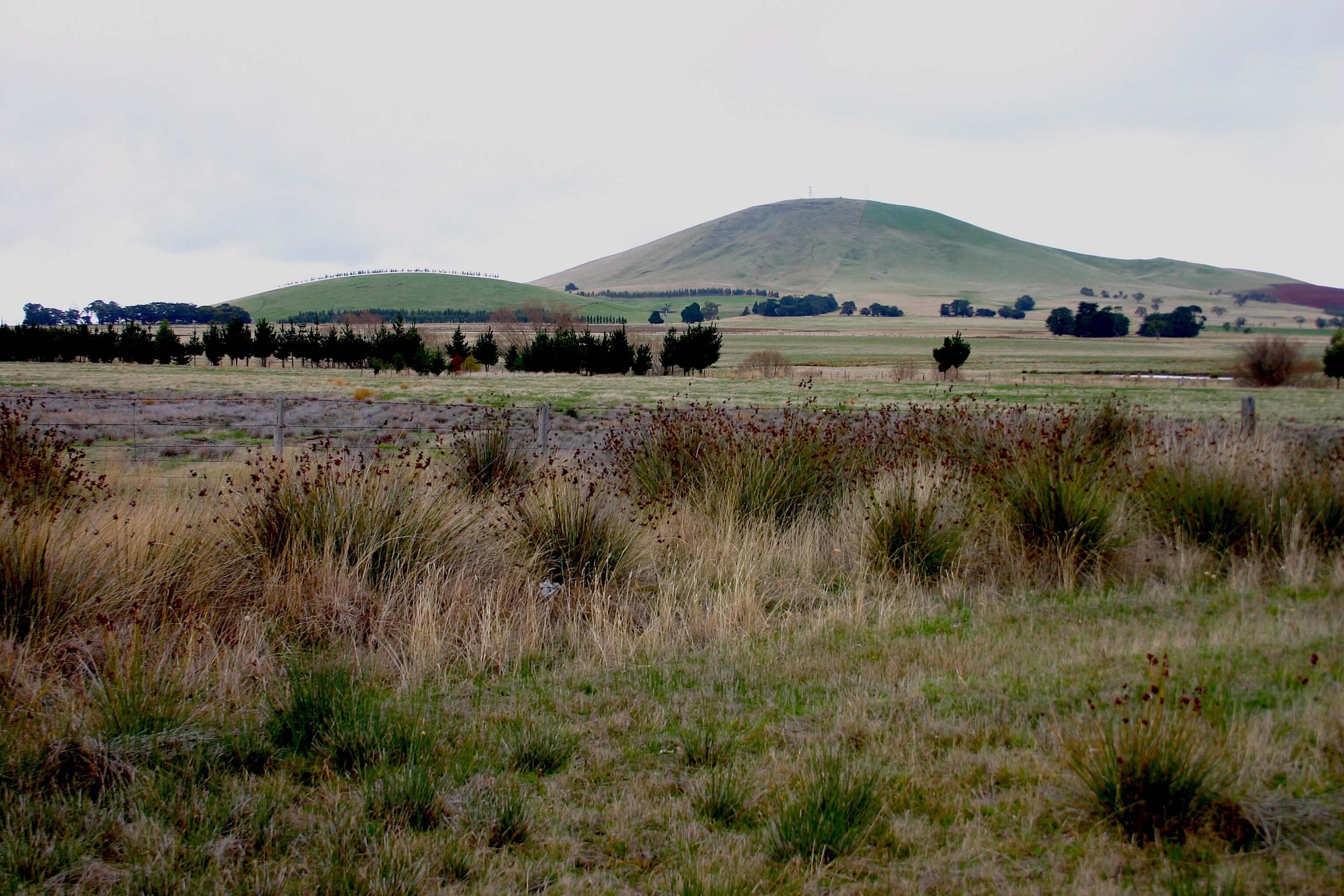
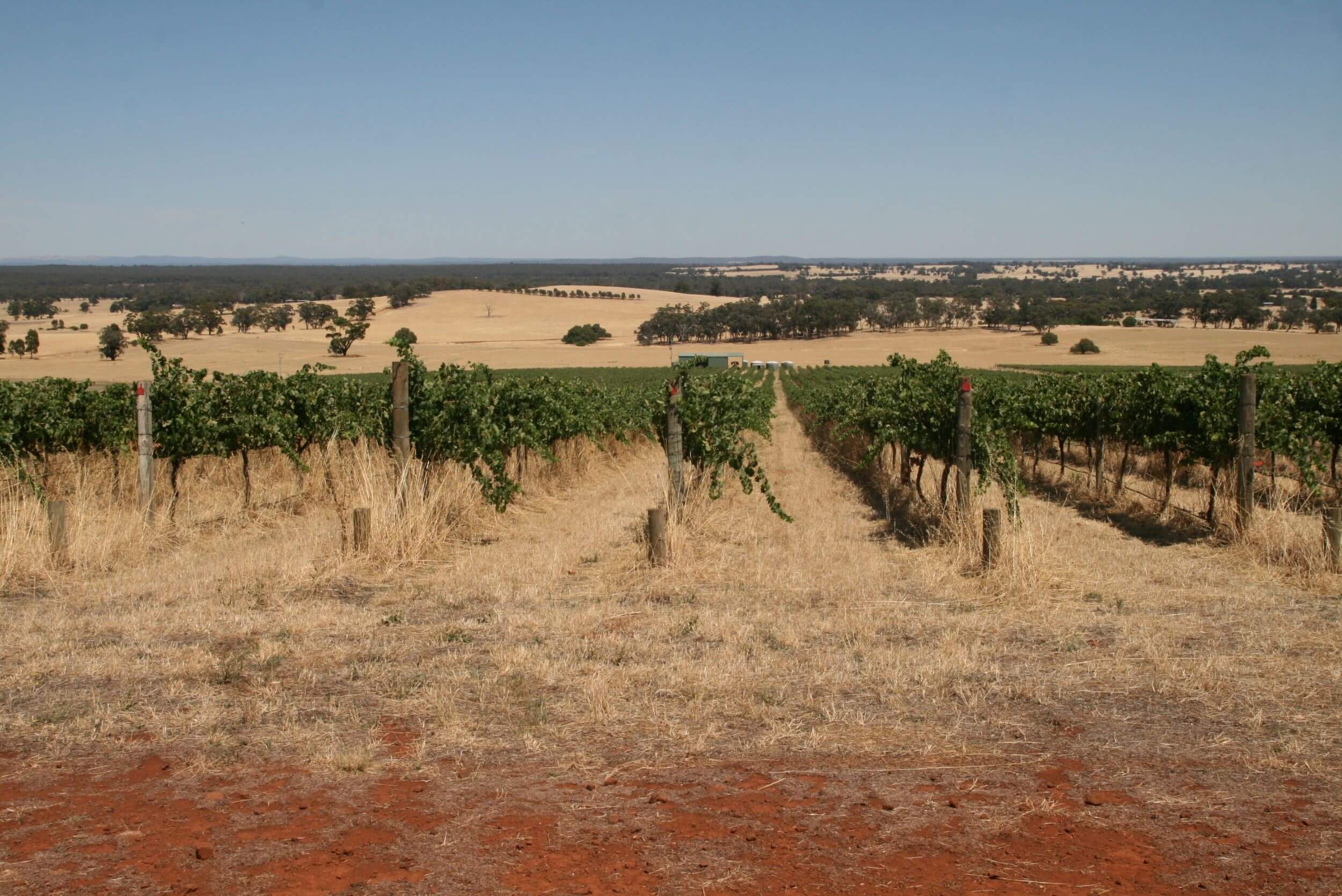
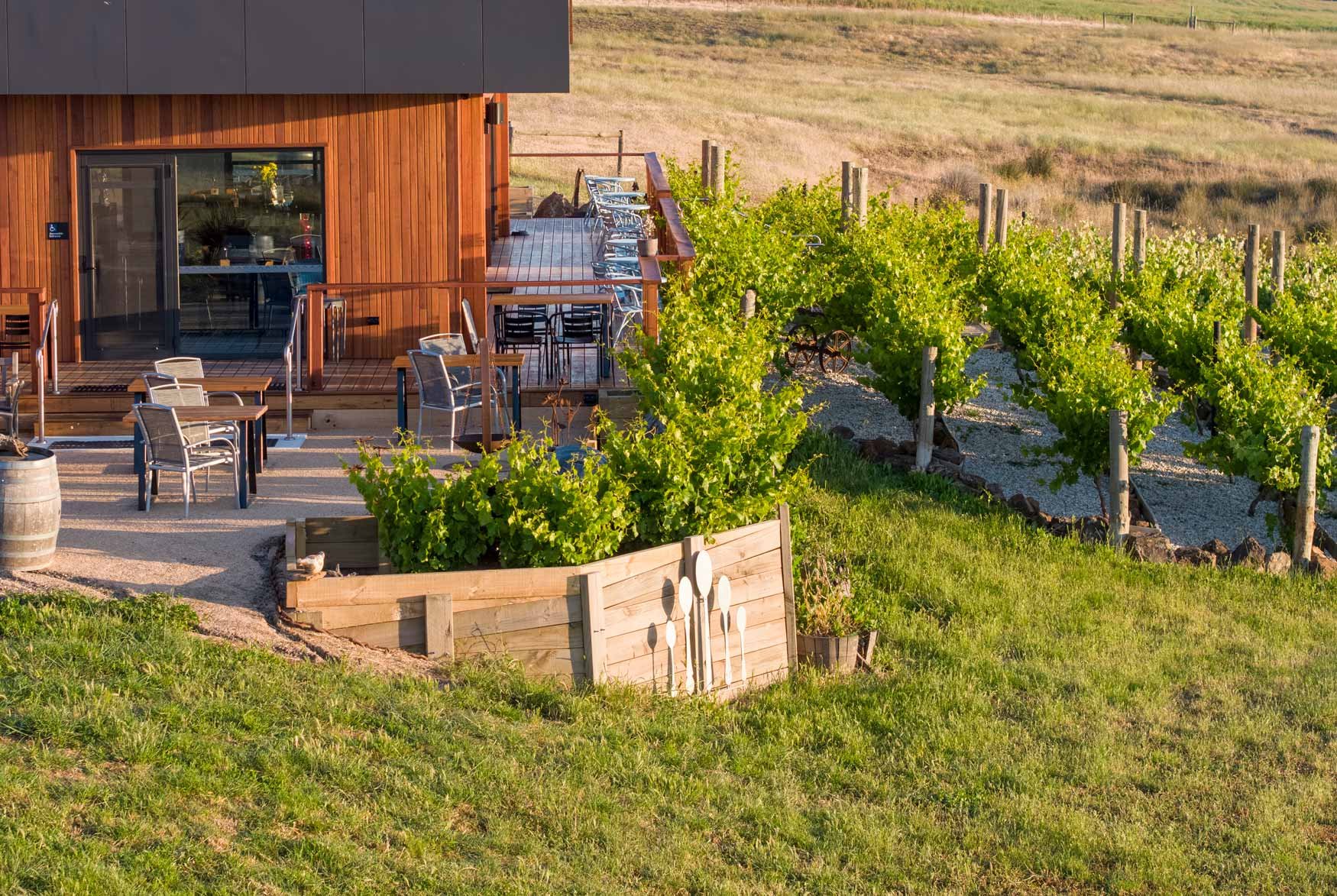
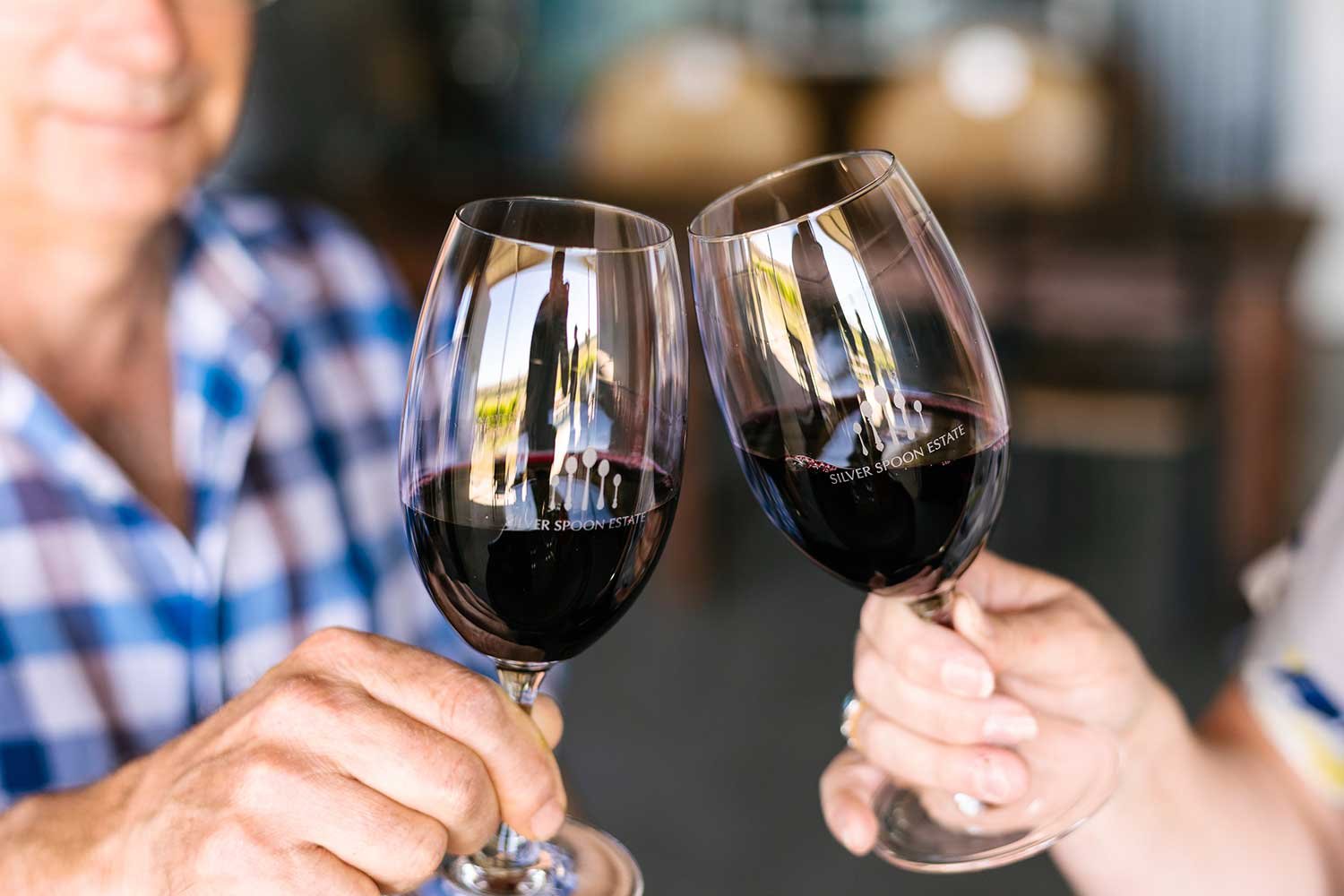
Groundwater-surface Water Interactions in Western Victoria
Traditional lands of the Eastern Maar and Wadawurrung People
About the Field Trip
Explore the interconnectivity between surface water and groundwater systems in Western Victoria and learn about the lessons learnt from historic groundwater pumping activities at Barwon Water’s Barwon Downs borefield and how this has informed the operation of the Anglesea borefield.
During this trip we will also discuss the actions in place to remediate the impacts caused by historic management of groundwater pumping activities at the Barwon Downs borefield, explore how the environment is responding to these actions, and how climate change is anticipated to impact these systems post decommissioning of the borefield.
Following our trip around the borefield, we will drive to the Anglesea borefield via the iconic Great Ocean Road. Once we arrive, we will explore the confounding effects of groundwater pumping, mining, climate, acid sulfate soils and the actions in place to protect the environmental values and health of groundwater dependent ecosystems, whilst we transition to more climate-independent water sources.
Organiser

Dr Will McCance
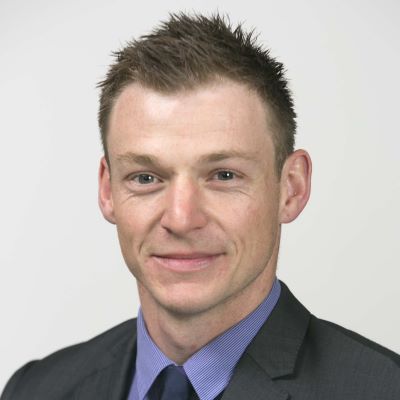
Dr Nicolaas Unland
Further Information
A packed lunch will be provided.
Good level of fitness – suitable to hike to swamp over uneven / steep terrain. Closed toe shoes suitable for walking.
Cost
$150 per person
Mornington Peninsula – Alba Geothermal Resort
Traditional lands of Bunurong People of the Kulin Nation
About the Field Trip
Alba Thermal Springs and Spa is a geothermal bathing resort located on the Mornington Peninsula. Groundwater is extracted from over 550 metres below ground and is used in the extensive bathing and spa treatment complex. The groundwater is then injected back into the deep aquifer. Go behind the scenes with presentations on the hydrogeology and operation of the resort in the maintenance facility followed by a site tour of Alba Thermal Springs and Spa. We’ll then enjoy lunch at the onsite restaurant which showcases locally-sourced, seasonal produce. After lunch there will be an opportunity to utilise the resort bathing facilities (optional extra). In the afternoon delegates can visit nearby Cape Schanck the southernmost tip of the Mornington Peninsula or continue to use the bathing facilities. The Cape Schanck walking trail provides access to the Cape Schanck Lighthouse, rocky coastline and cliffside views.
Organiser
Matthew Hudson
Further Information
Morning tea and lunch will be provided (alternating drop menu).
Delegates have the option of adding on the Springs Bathing to the tour (includes locker, towel and robe).
Easy walking access to the Cape Schanck Lighthouse and lookout. Additional boardwalks, stairs and steep tracks offer additional views, but a level of fitness is required.
Cost
$160 per person (optional addition $50 for Springs Bathing)
